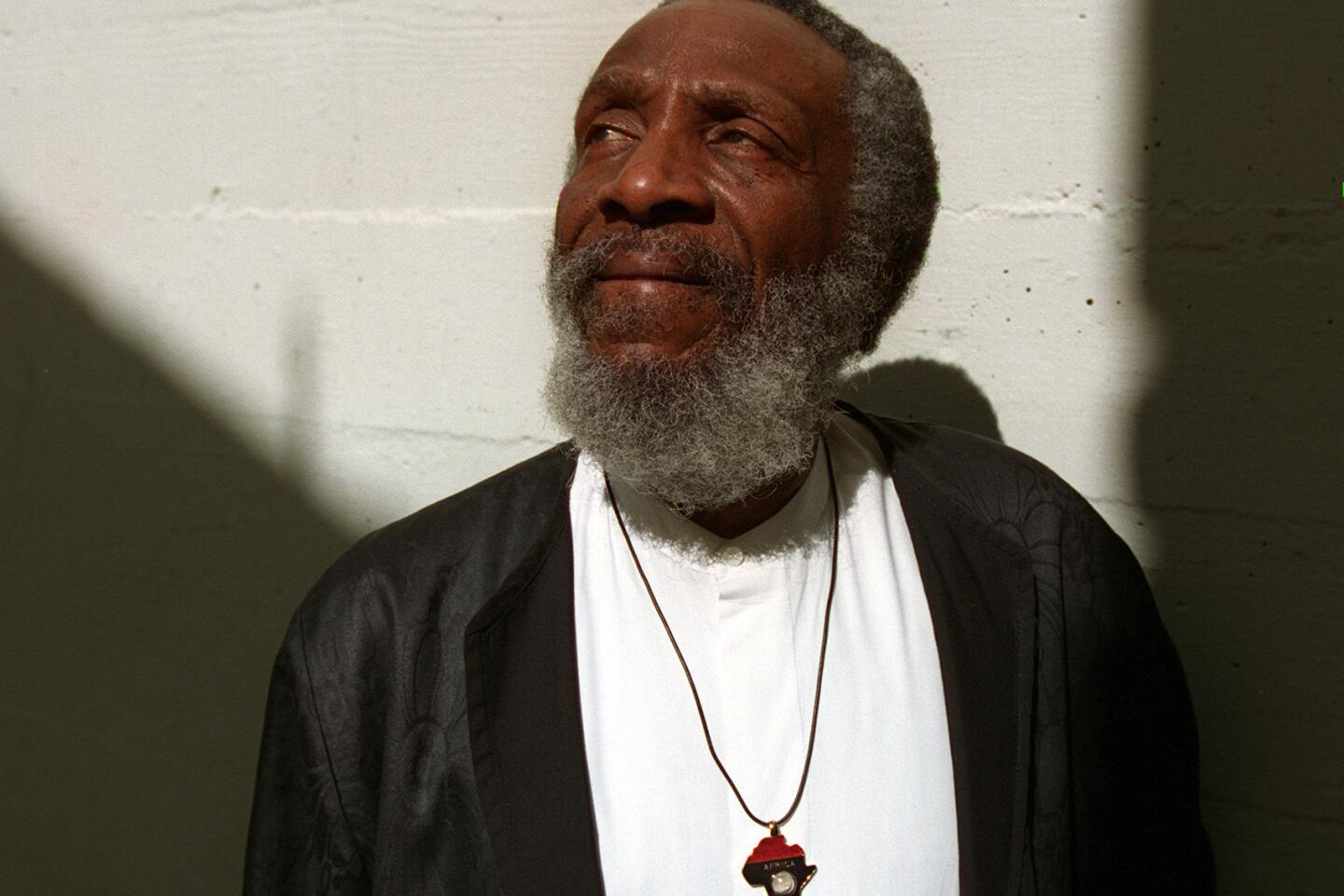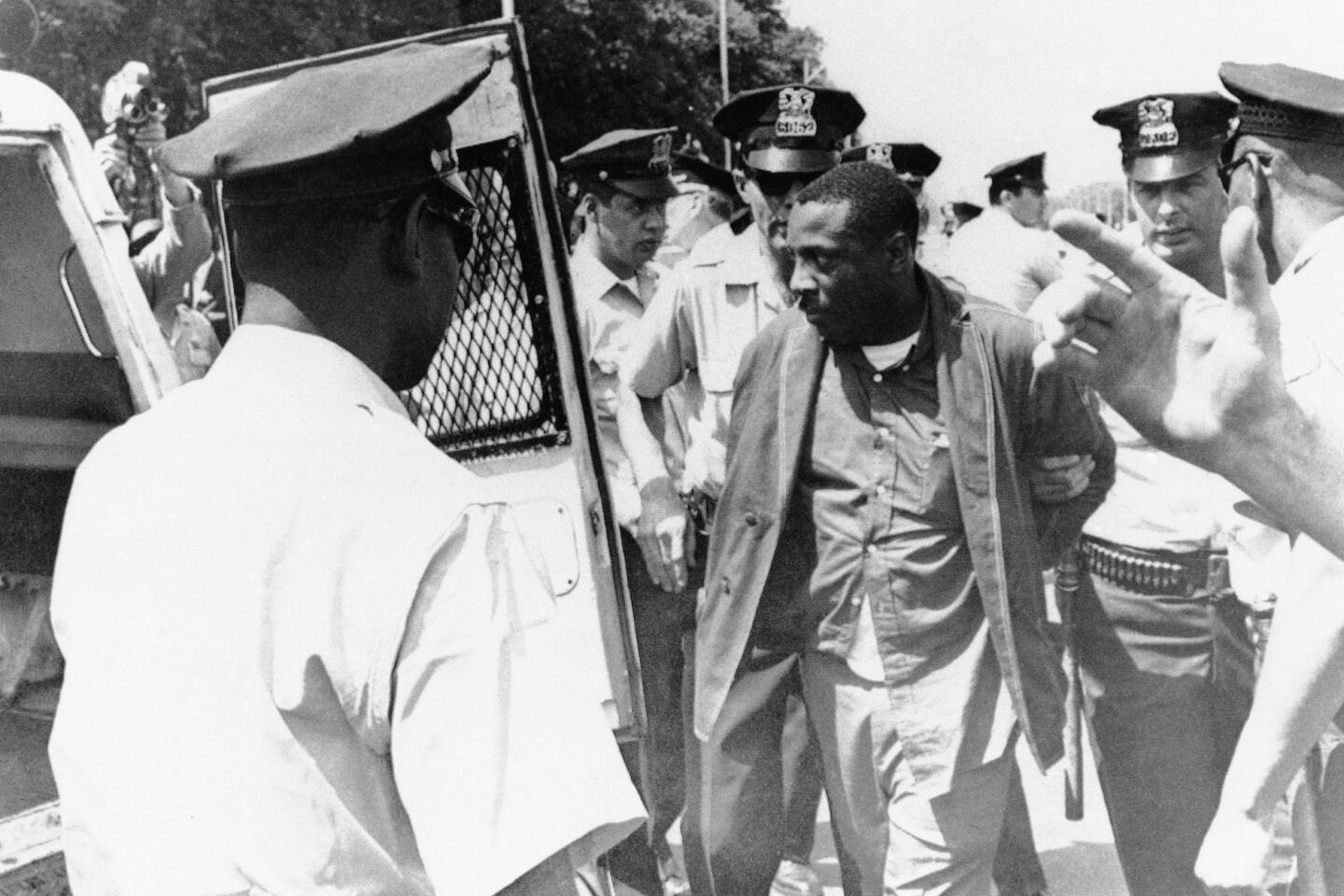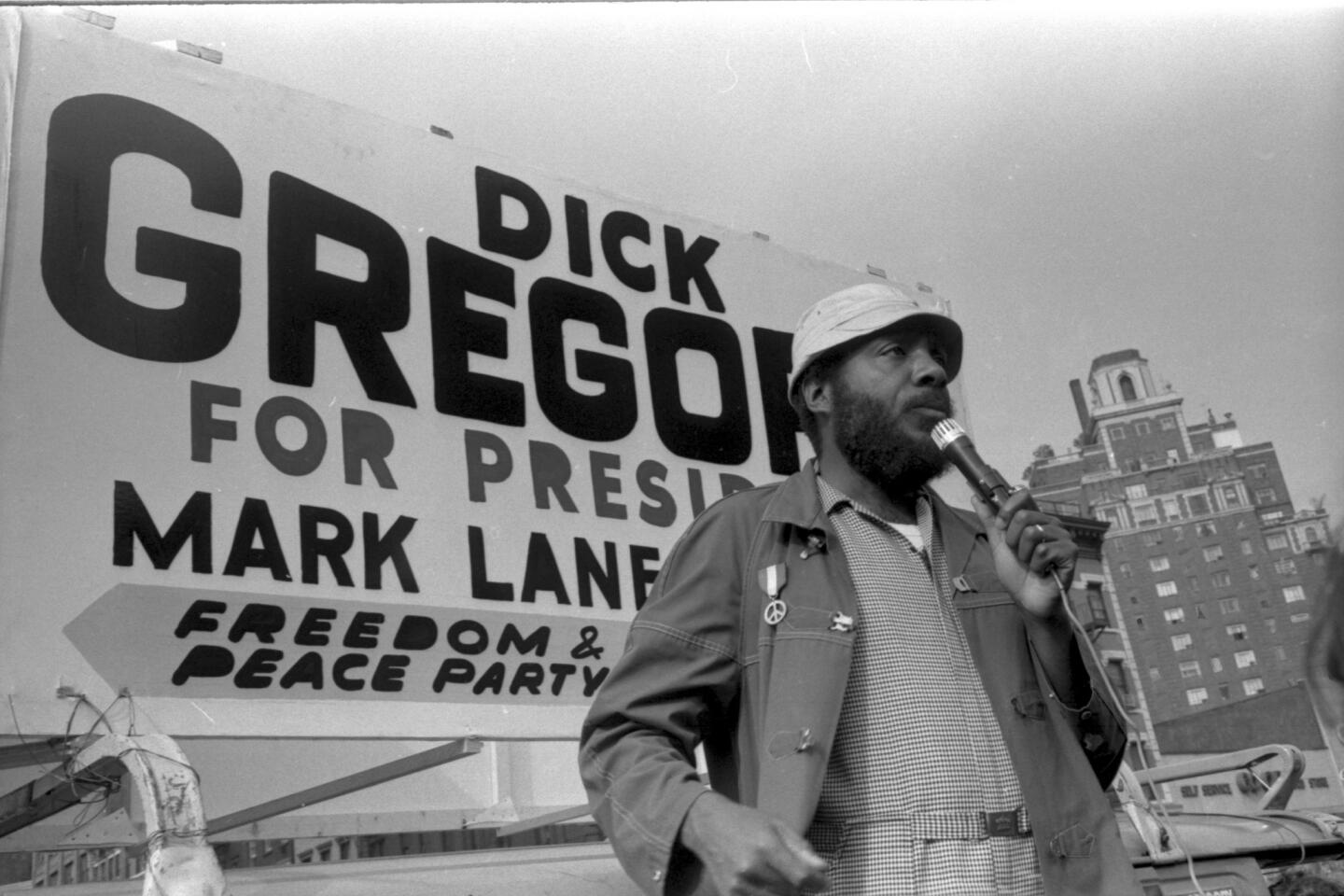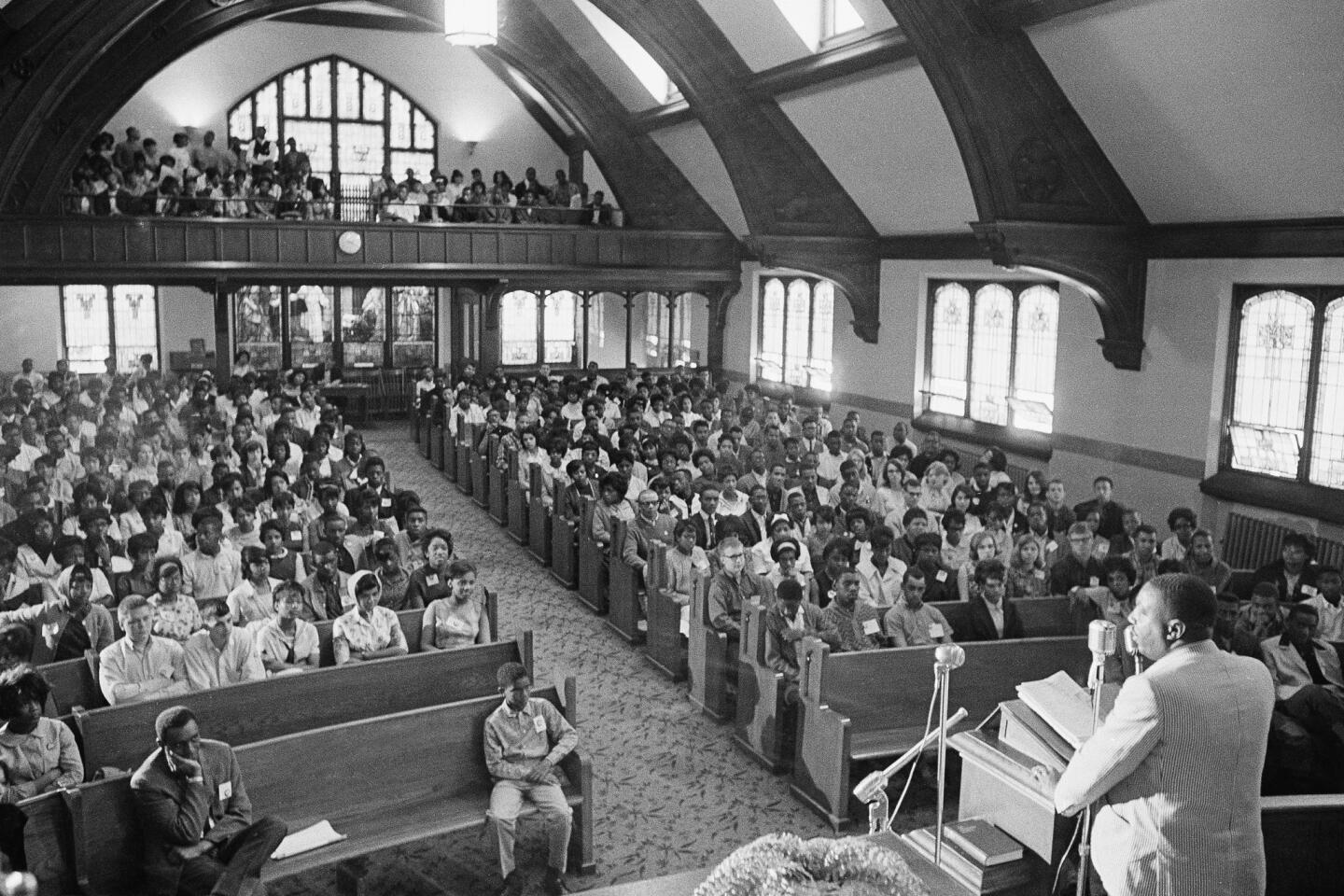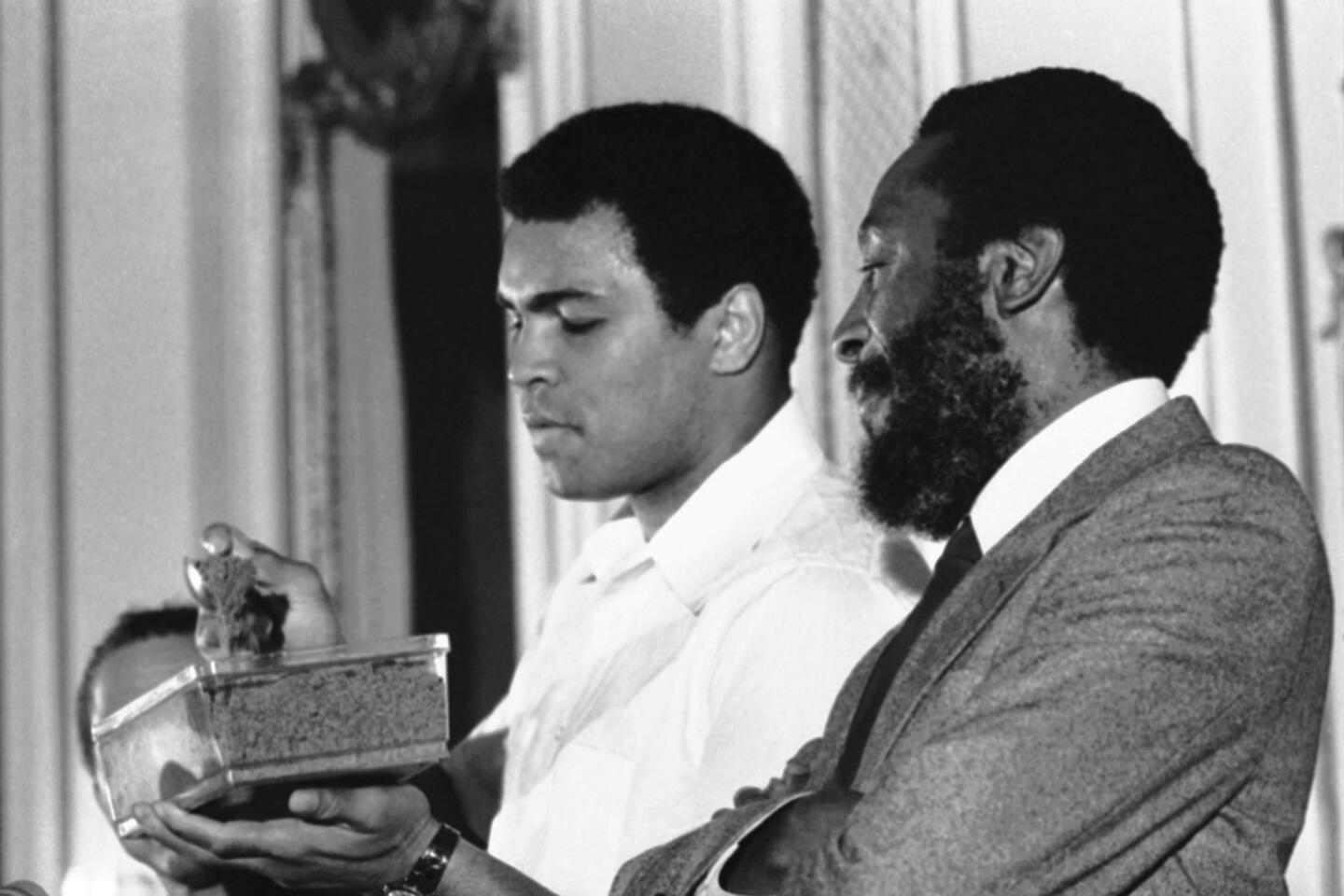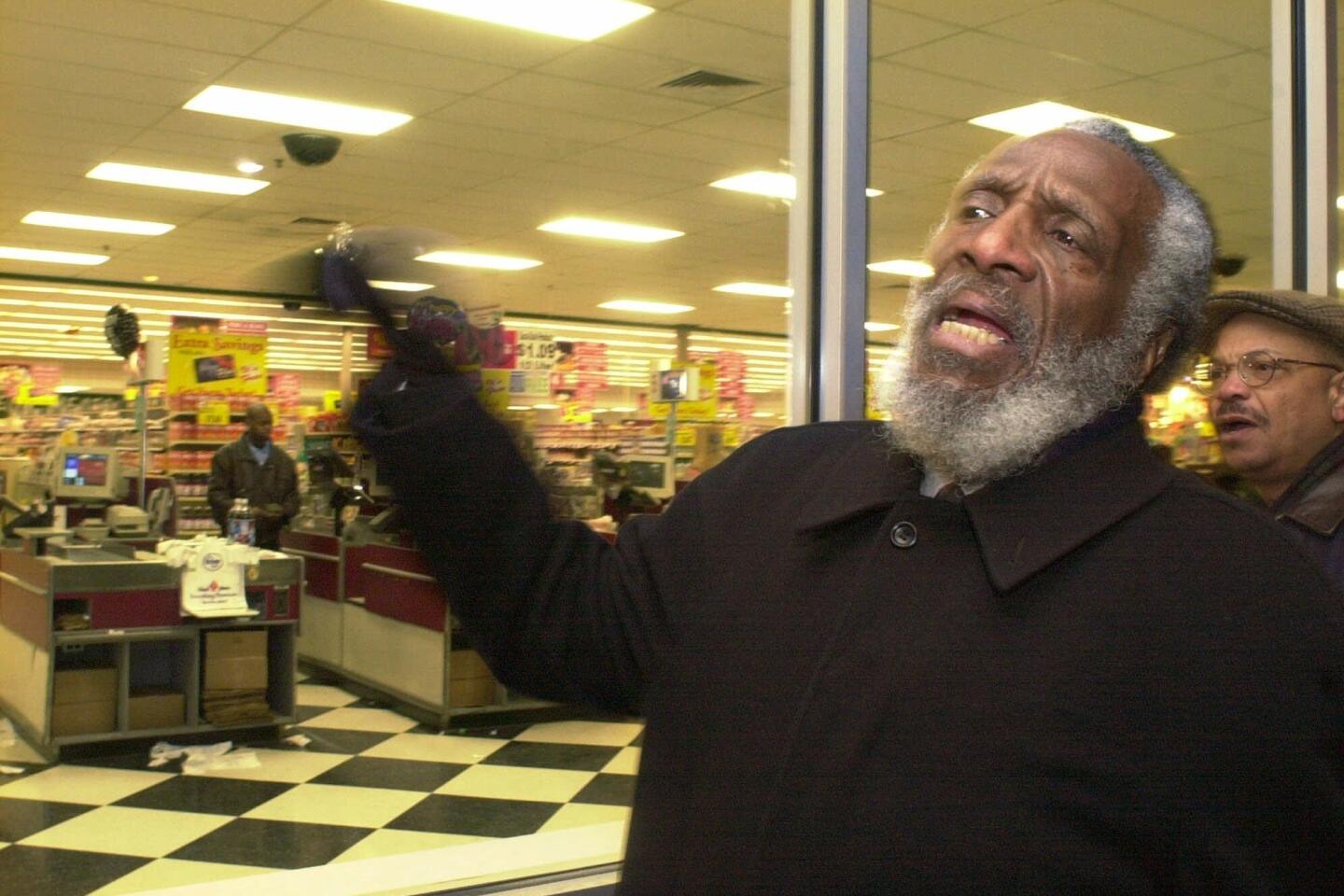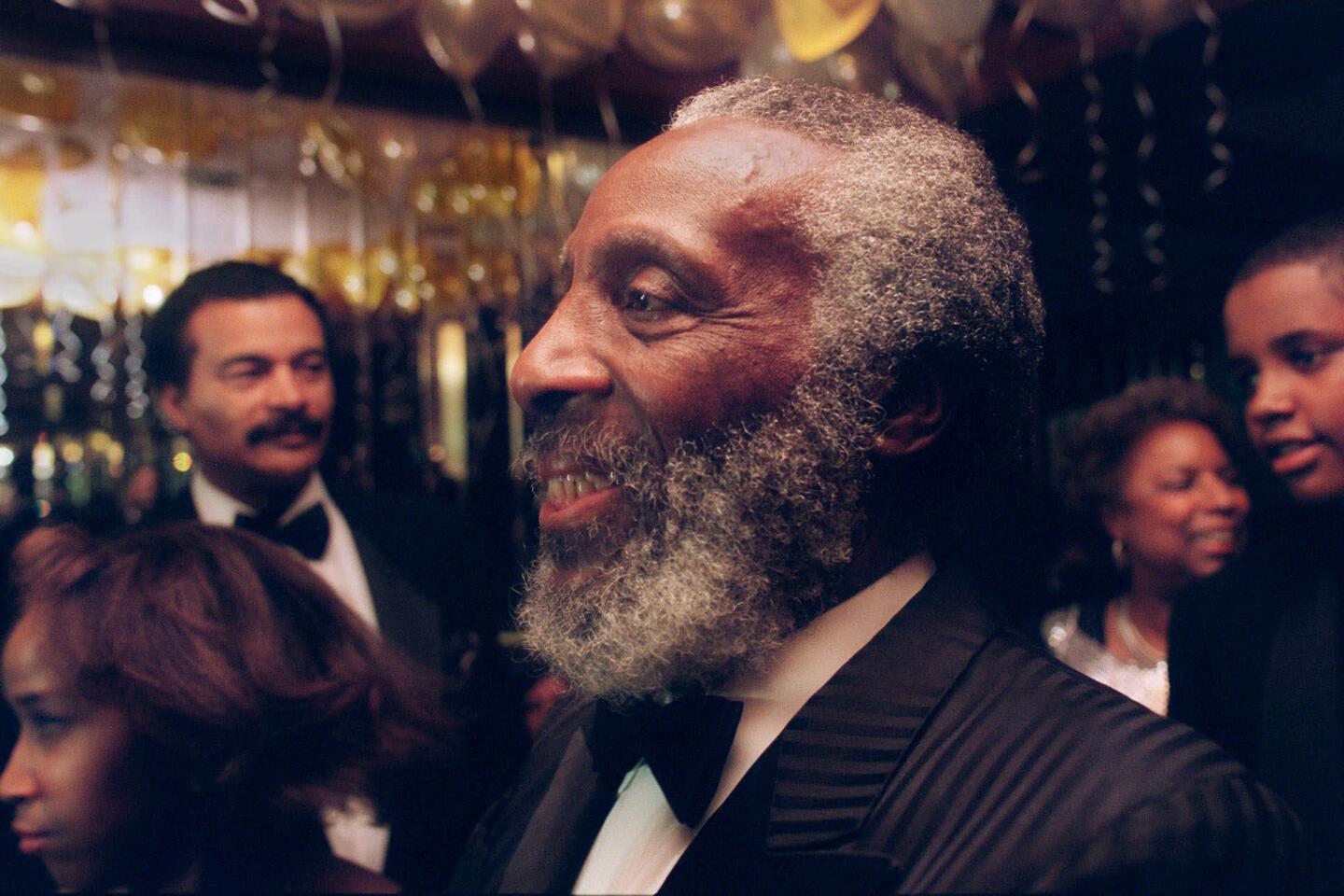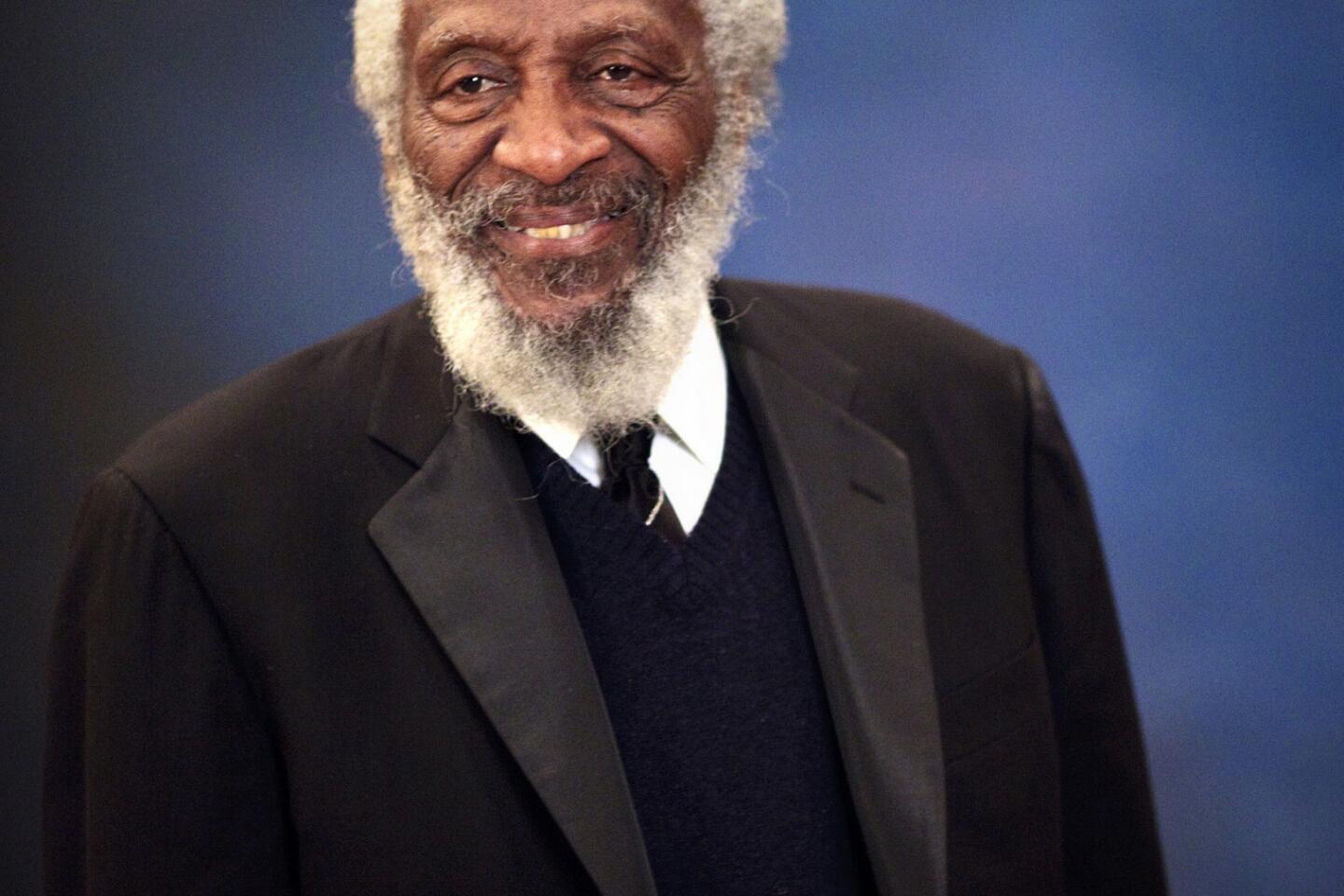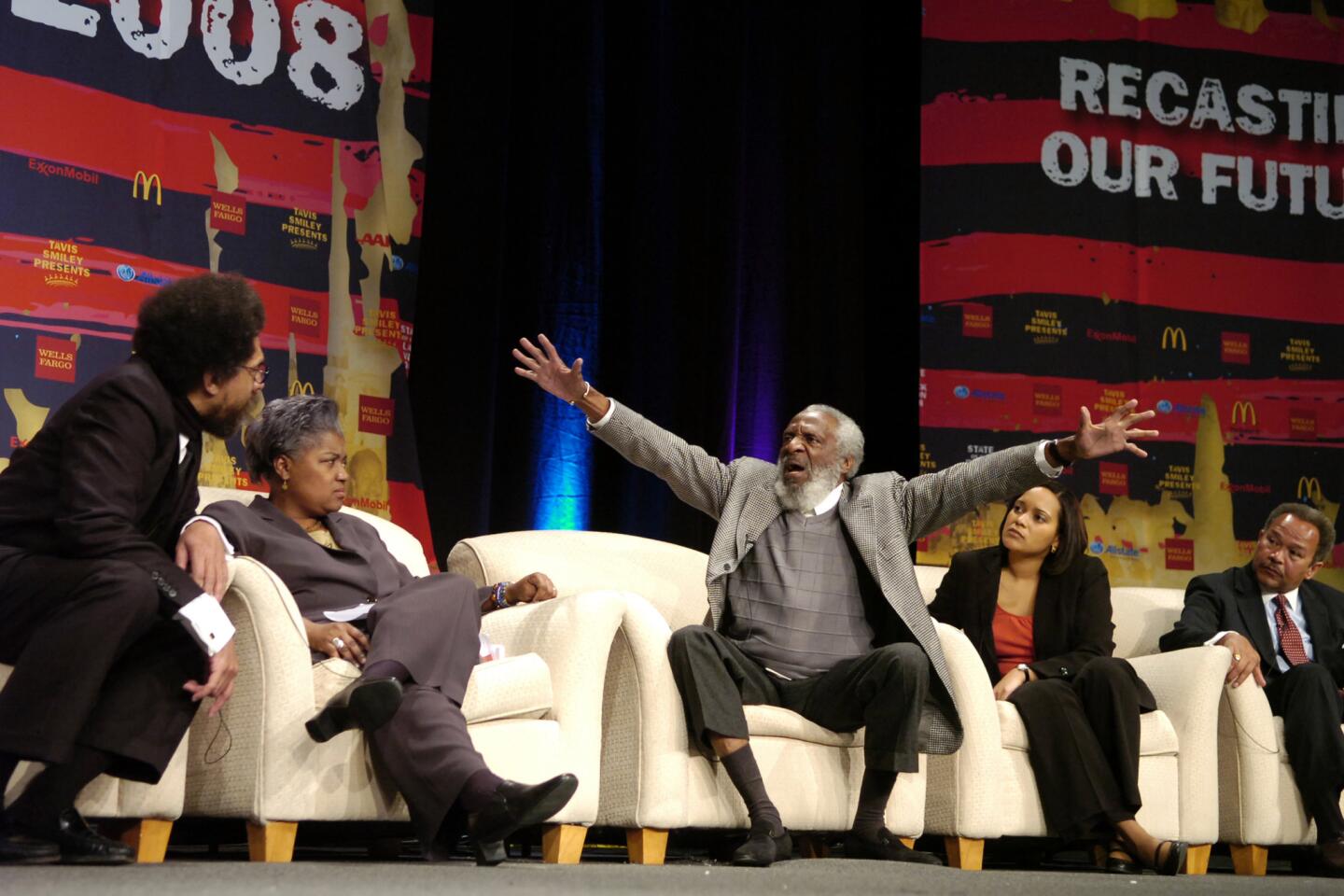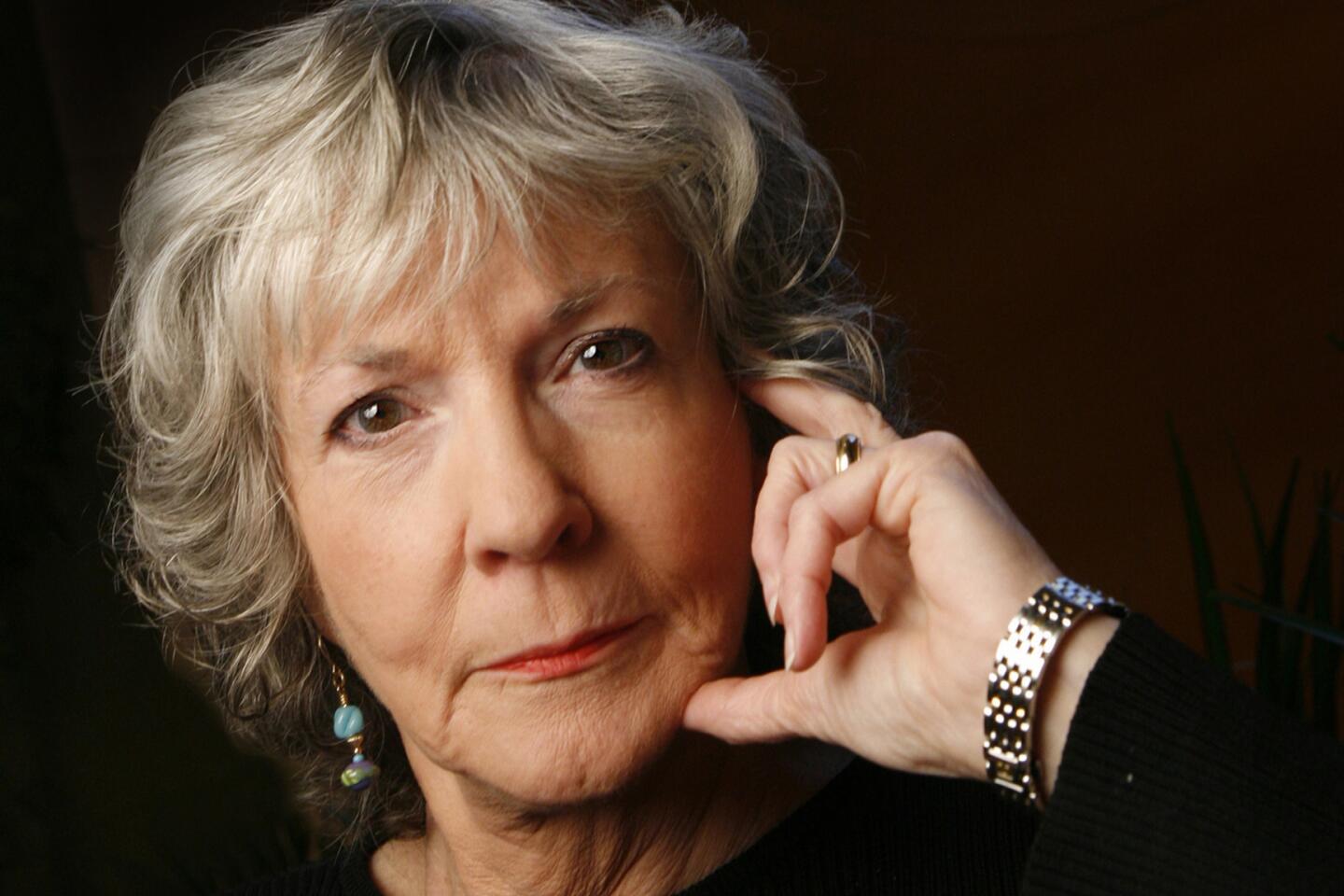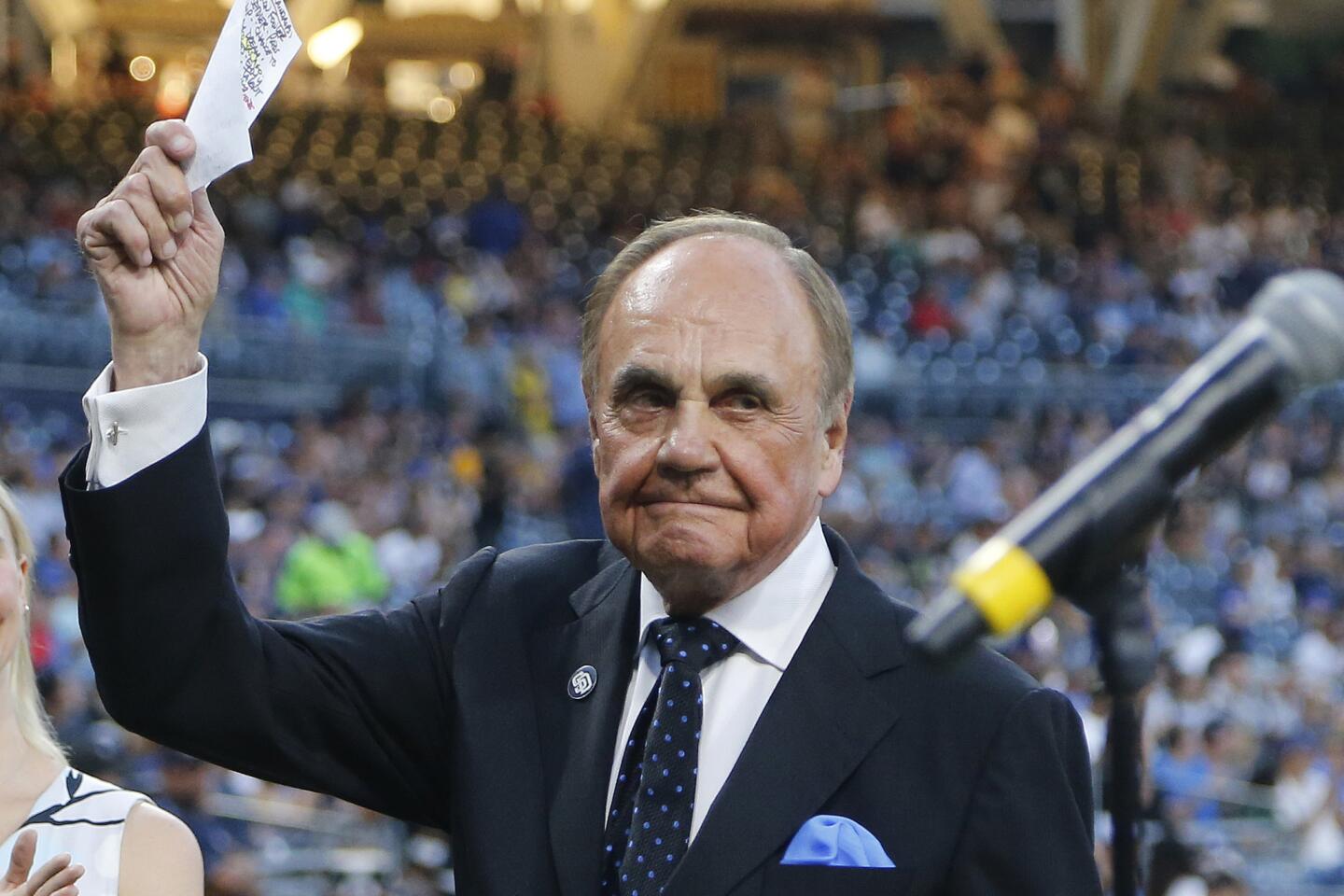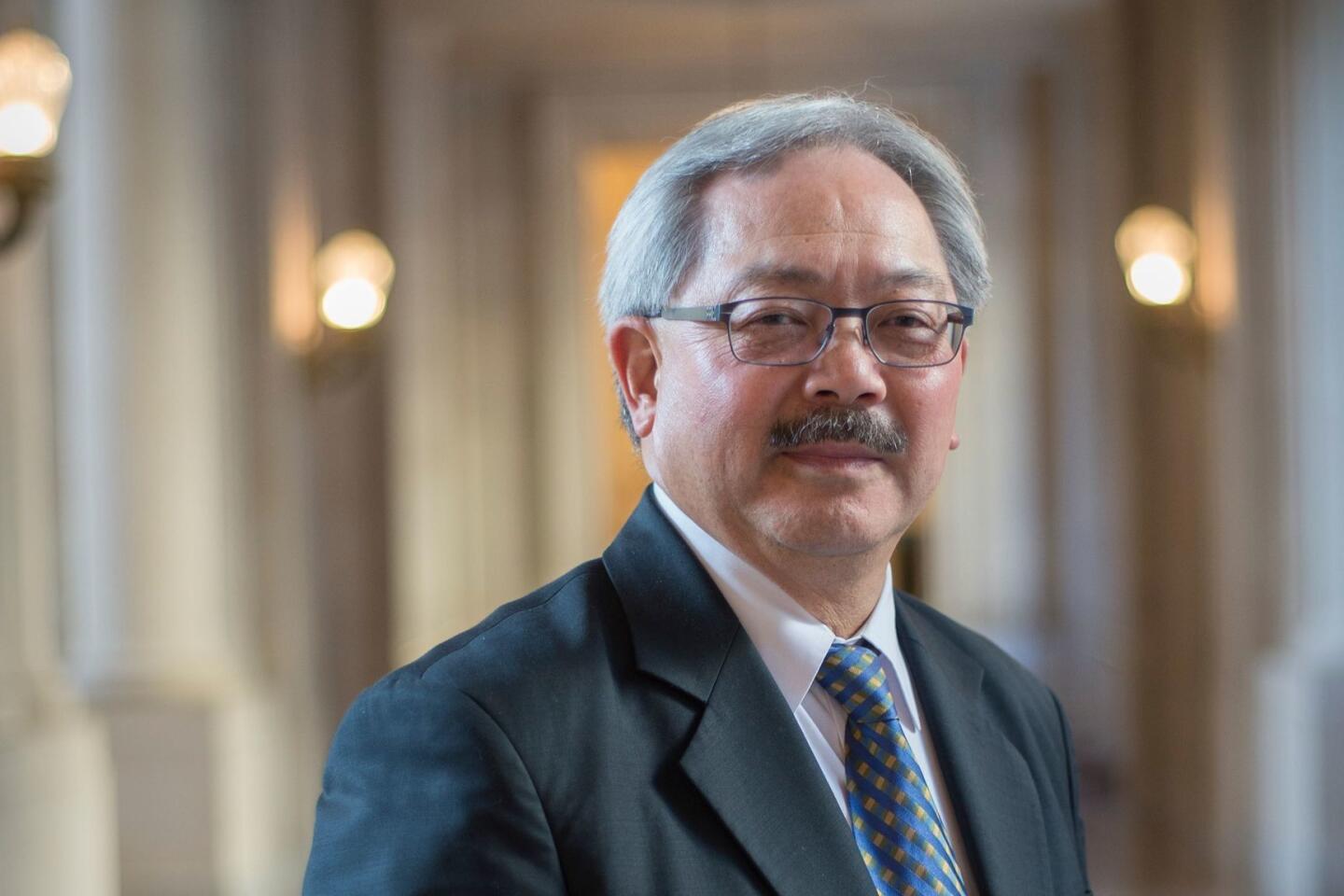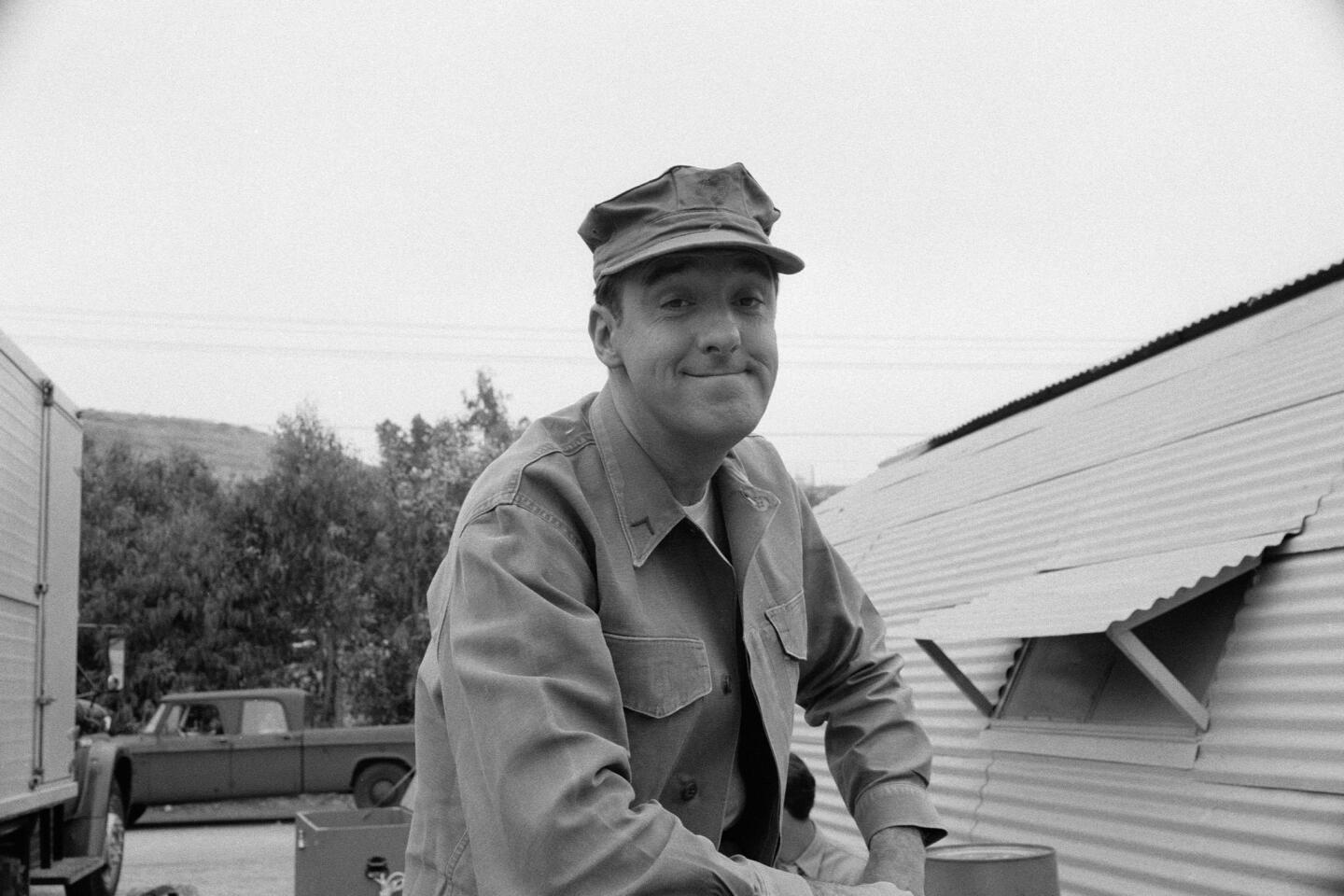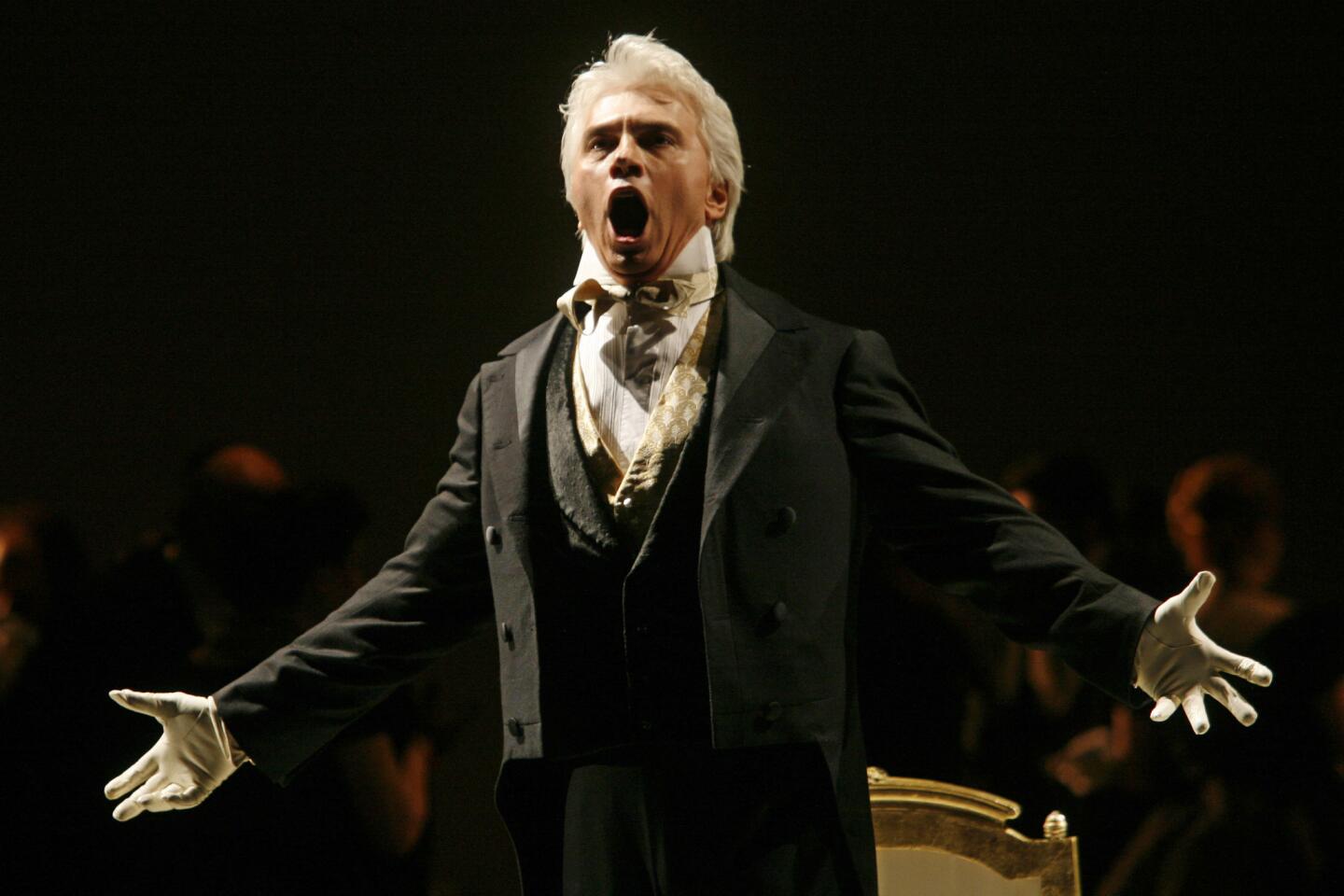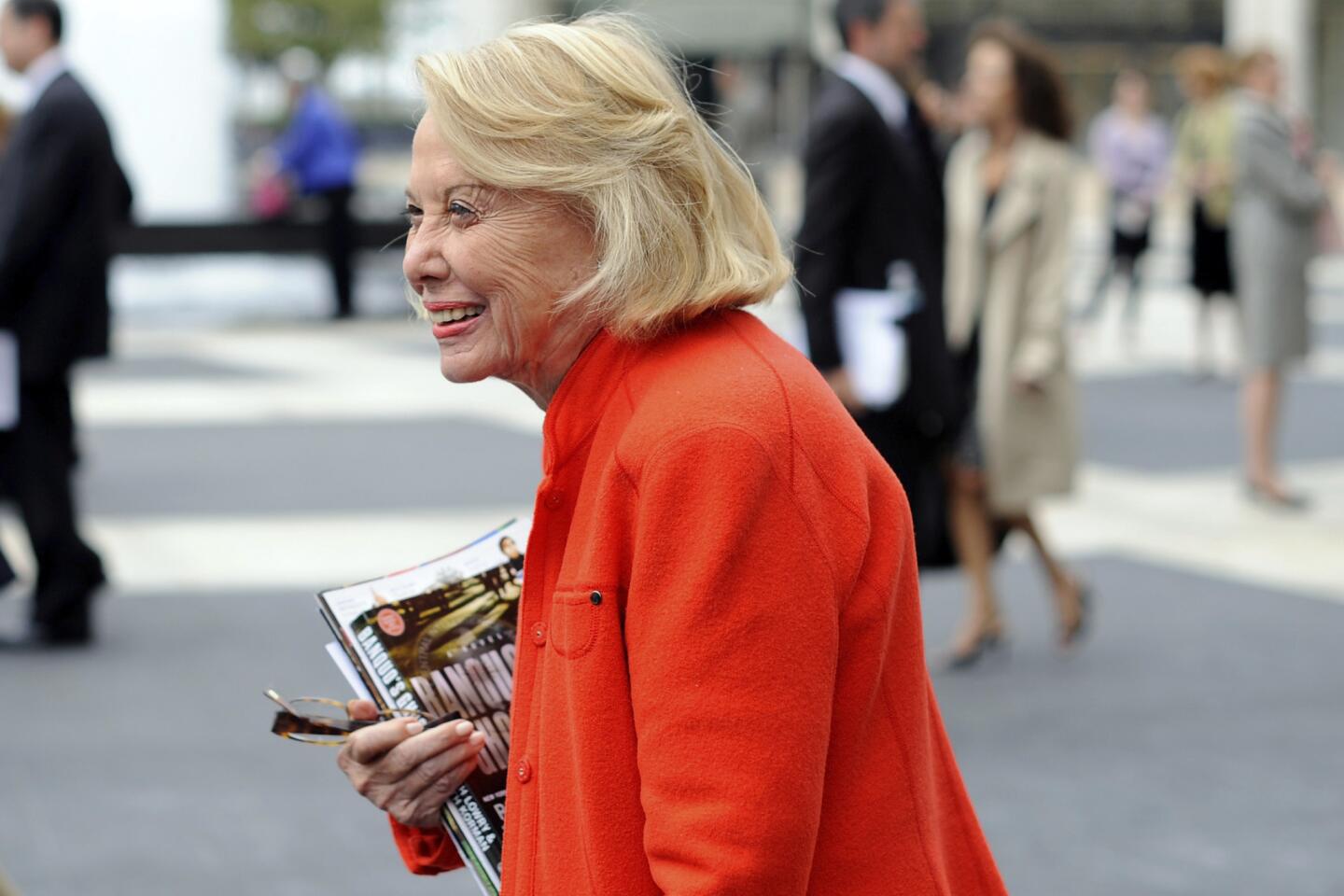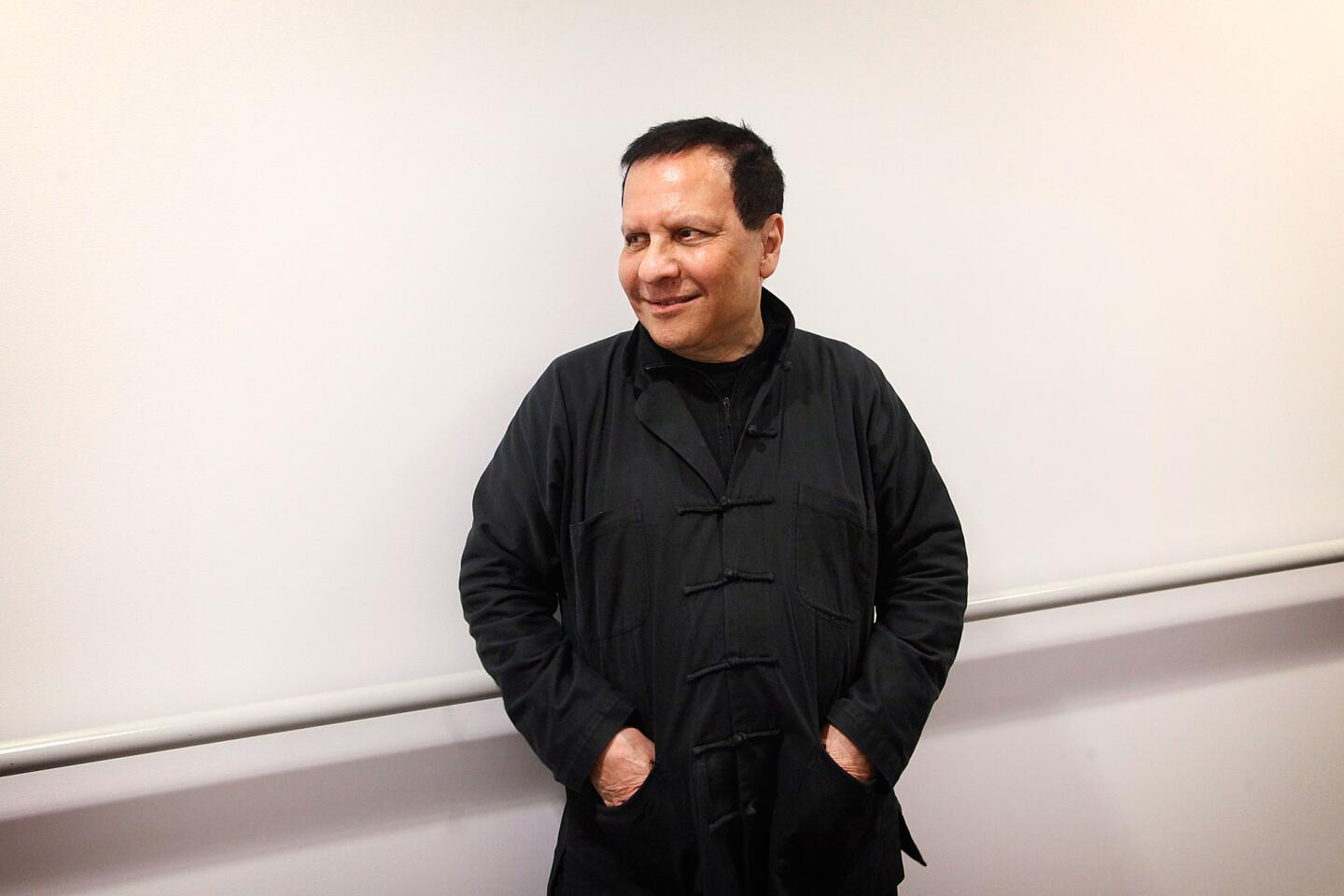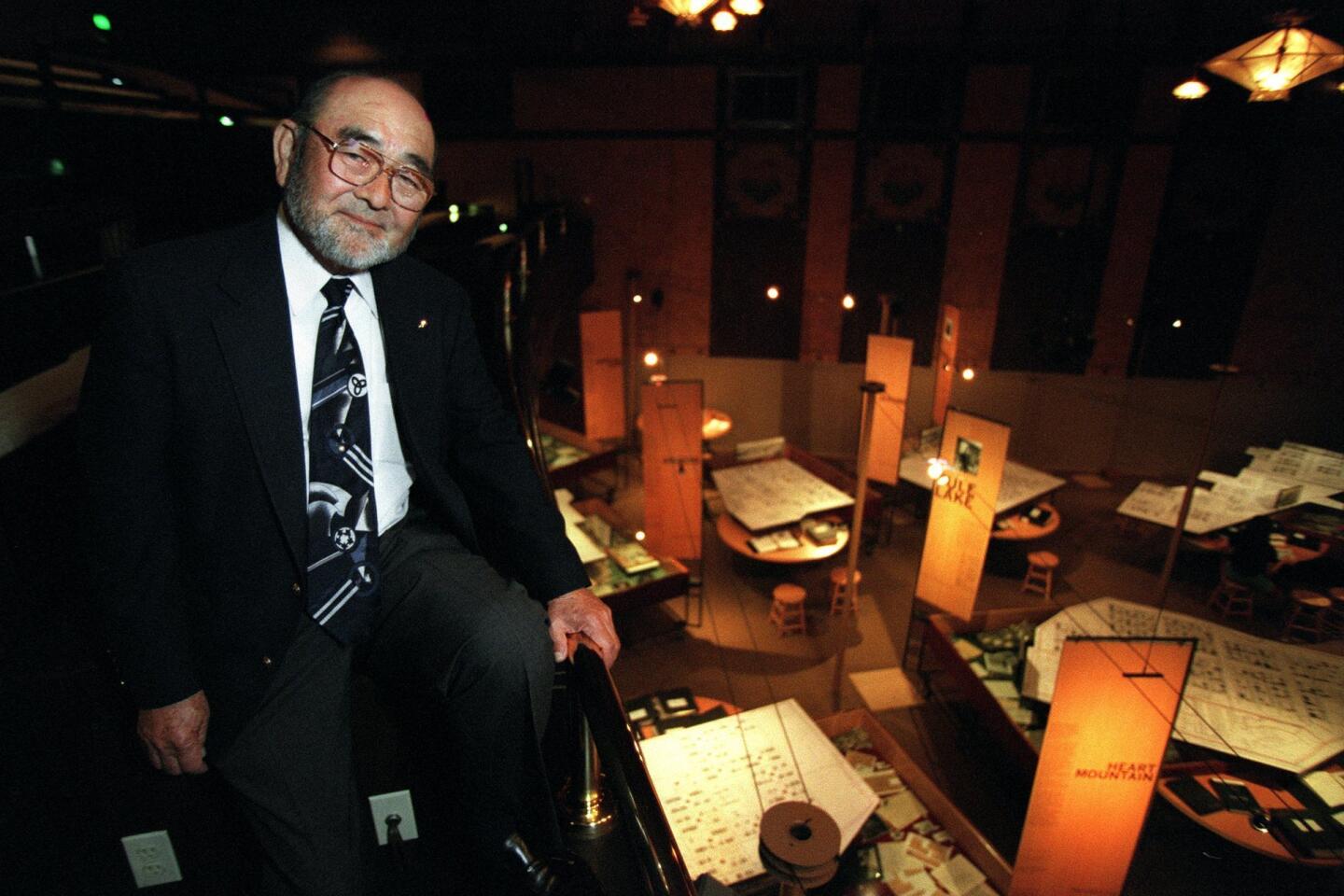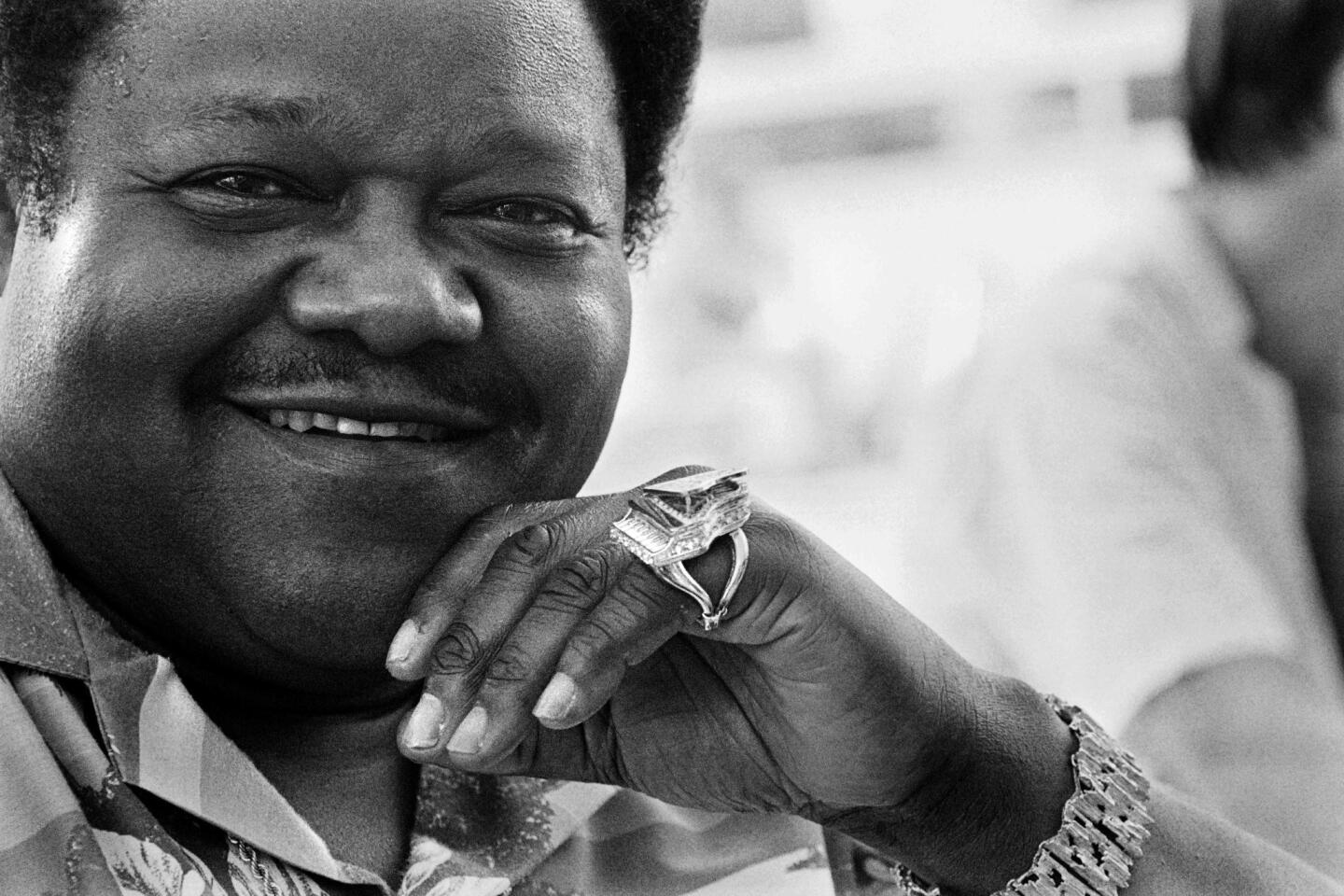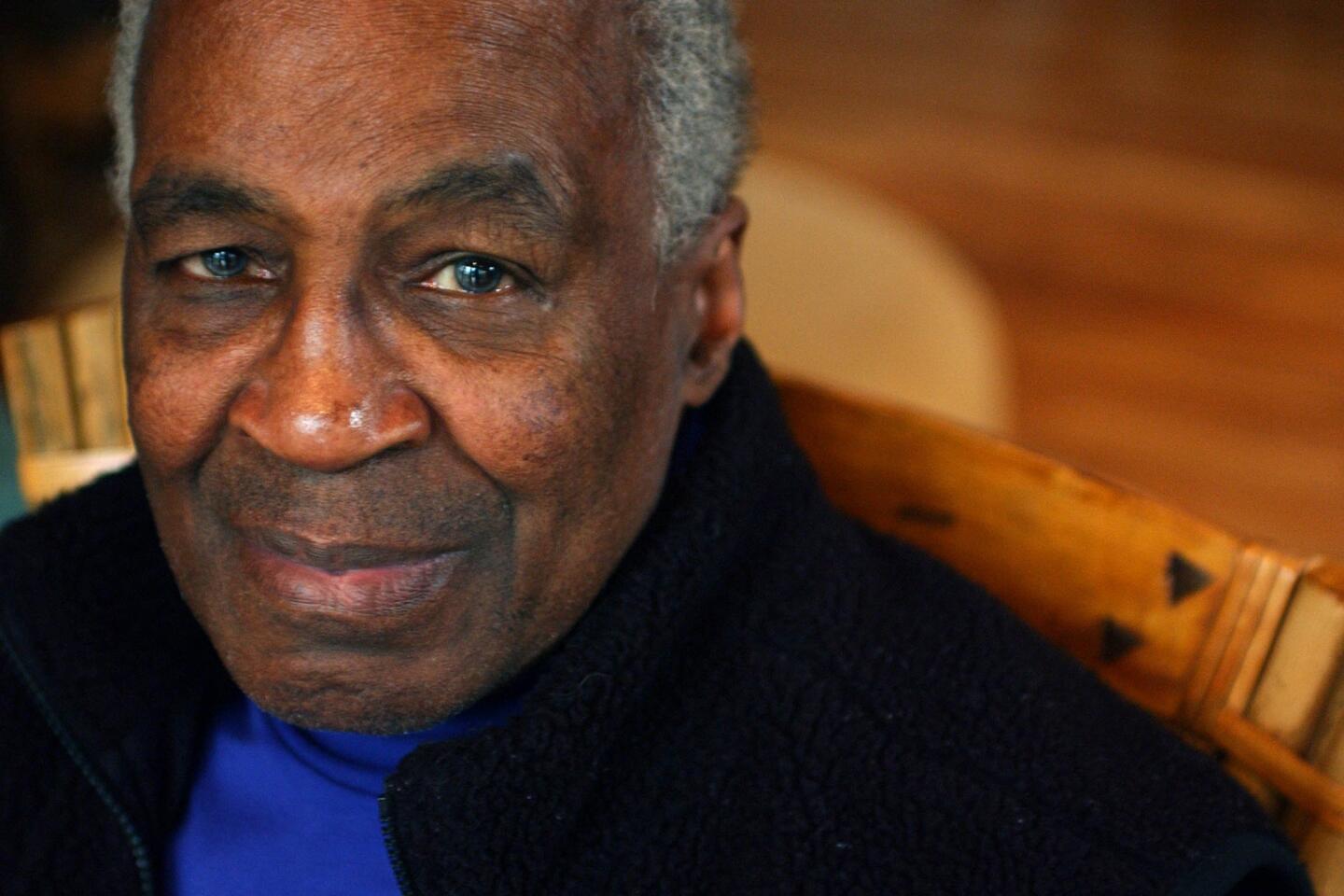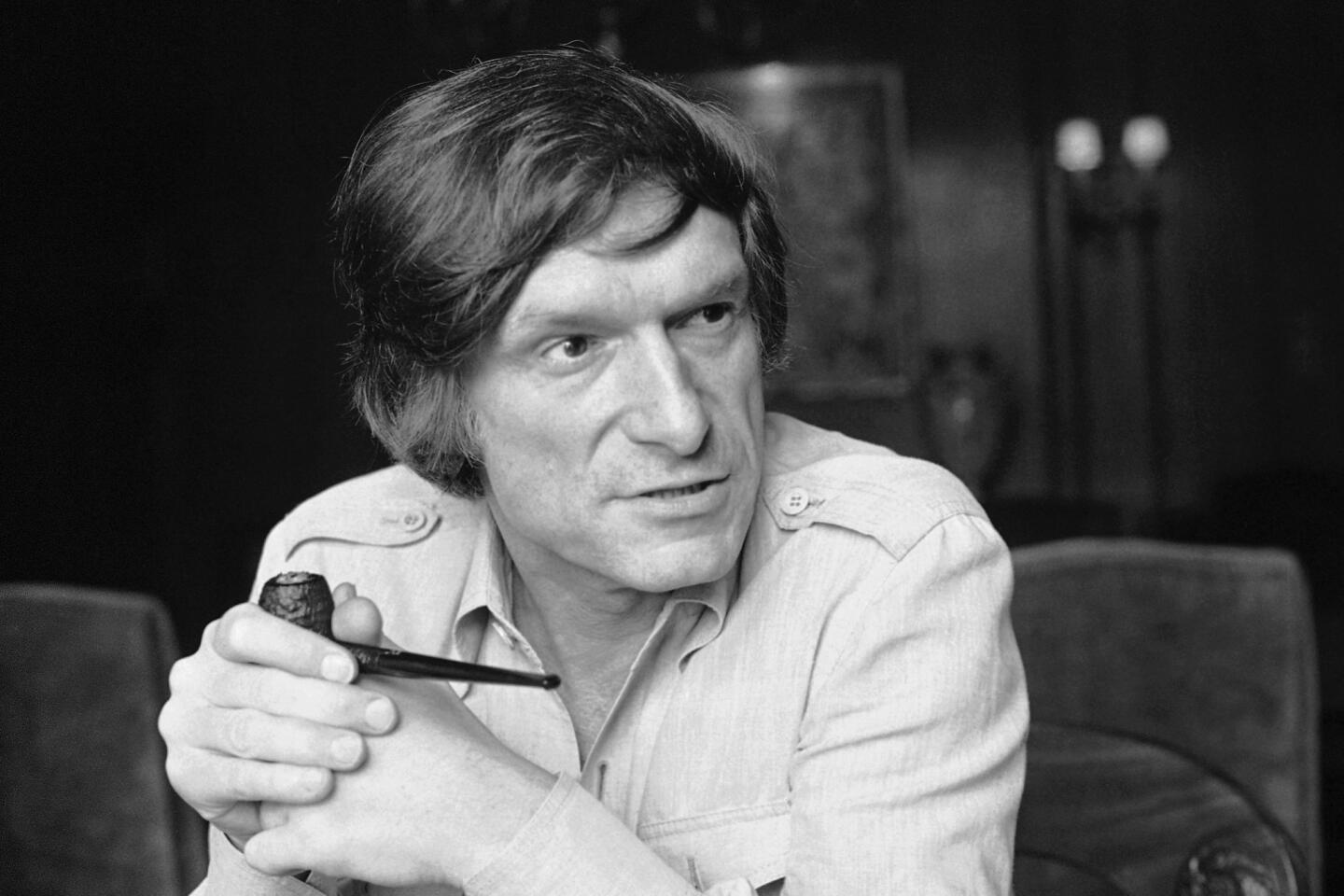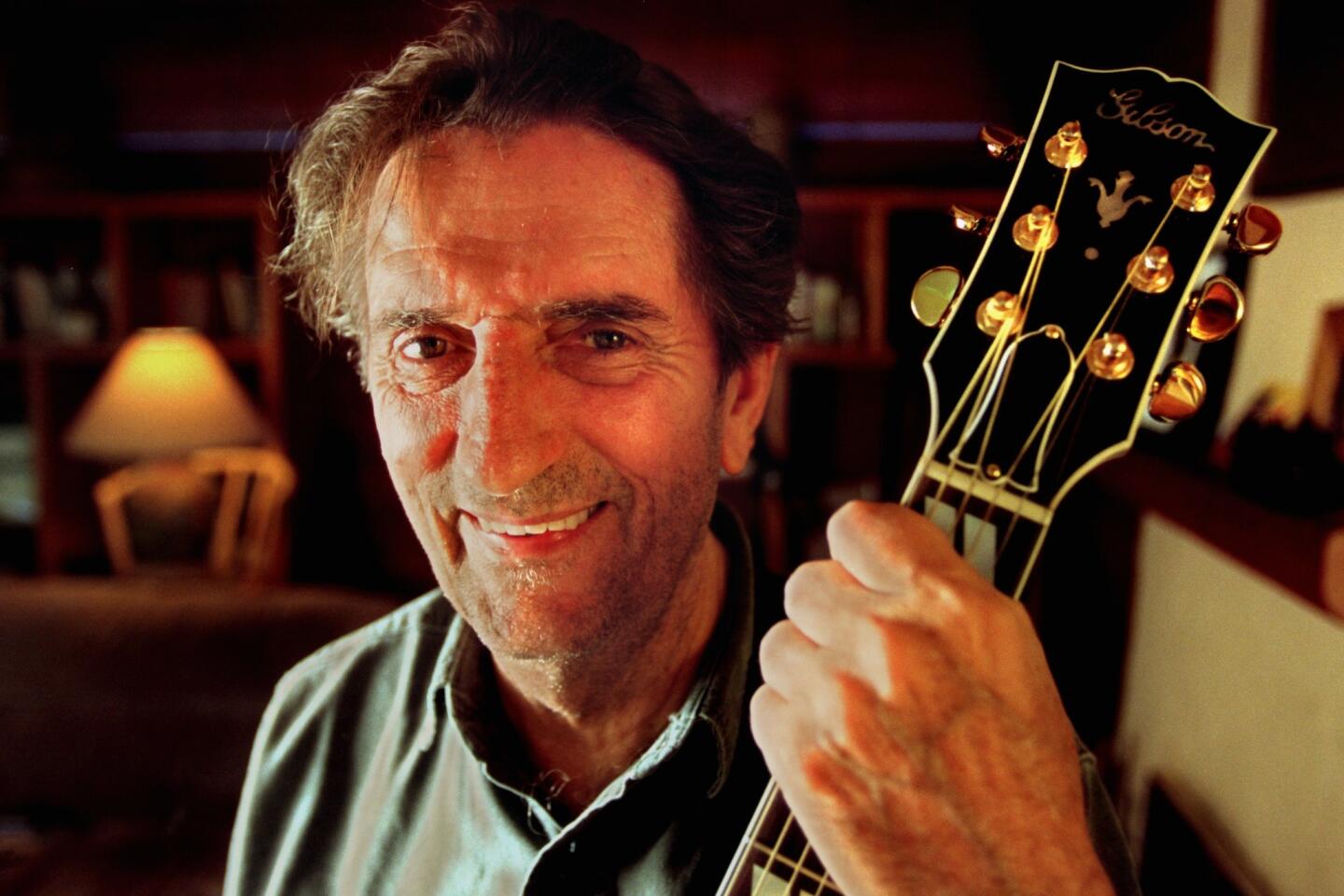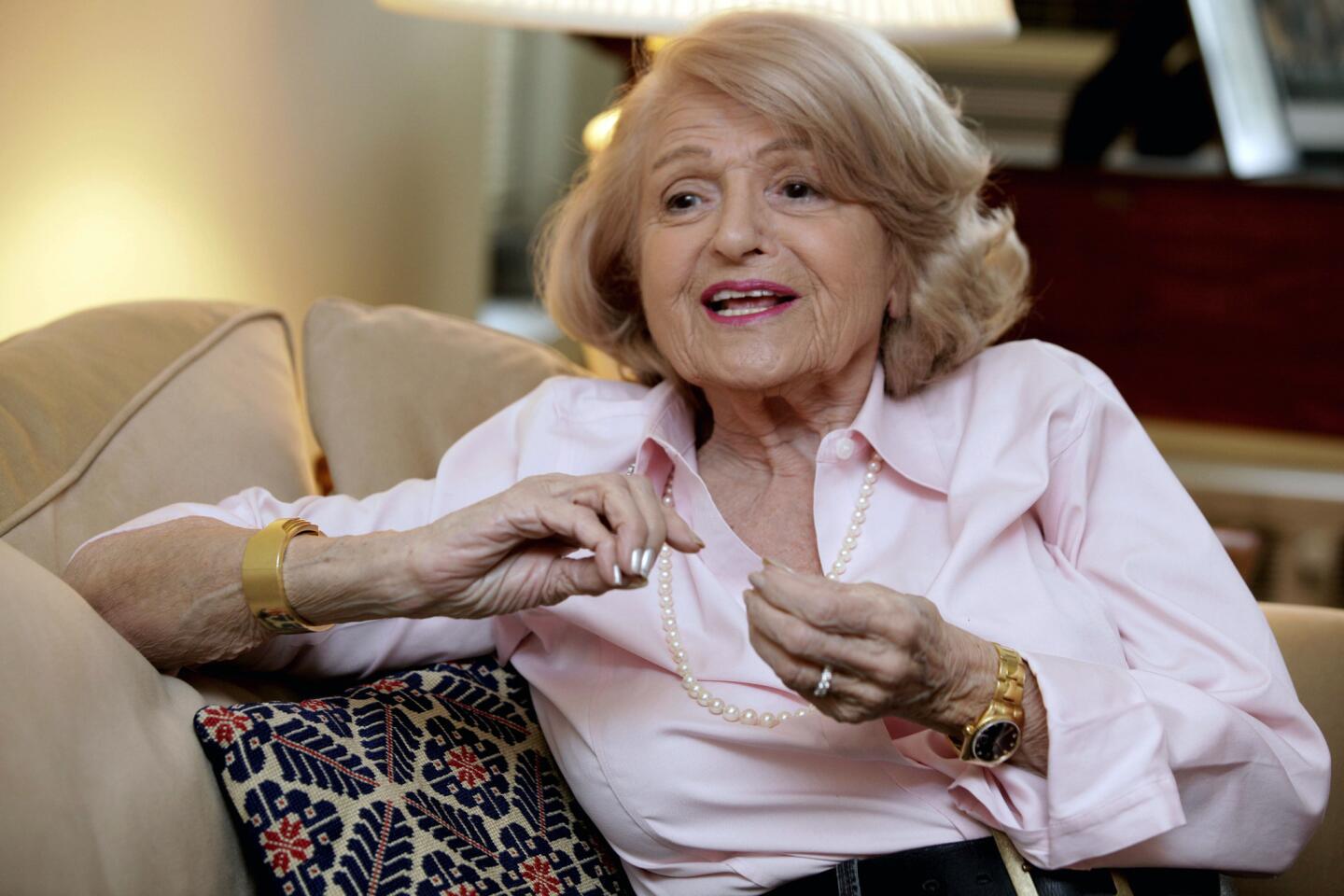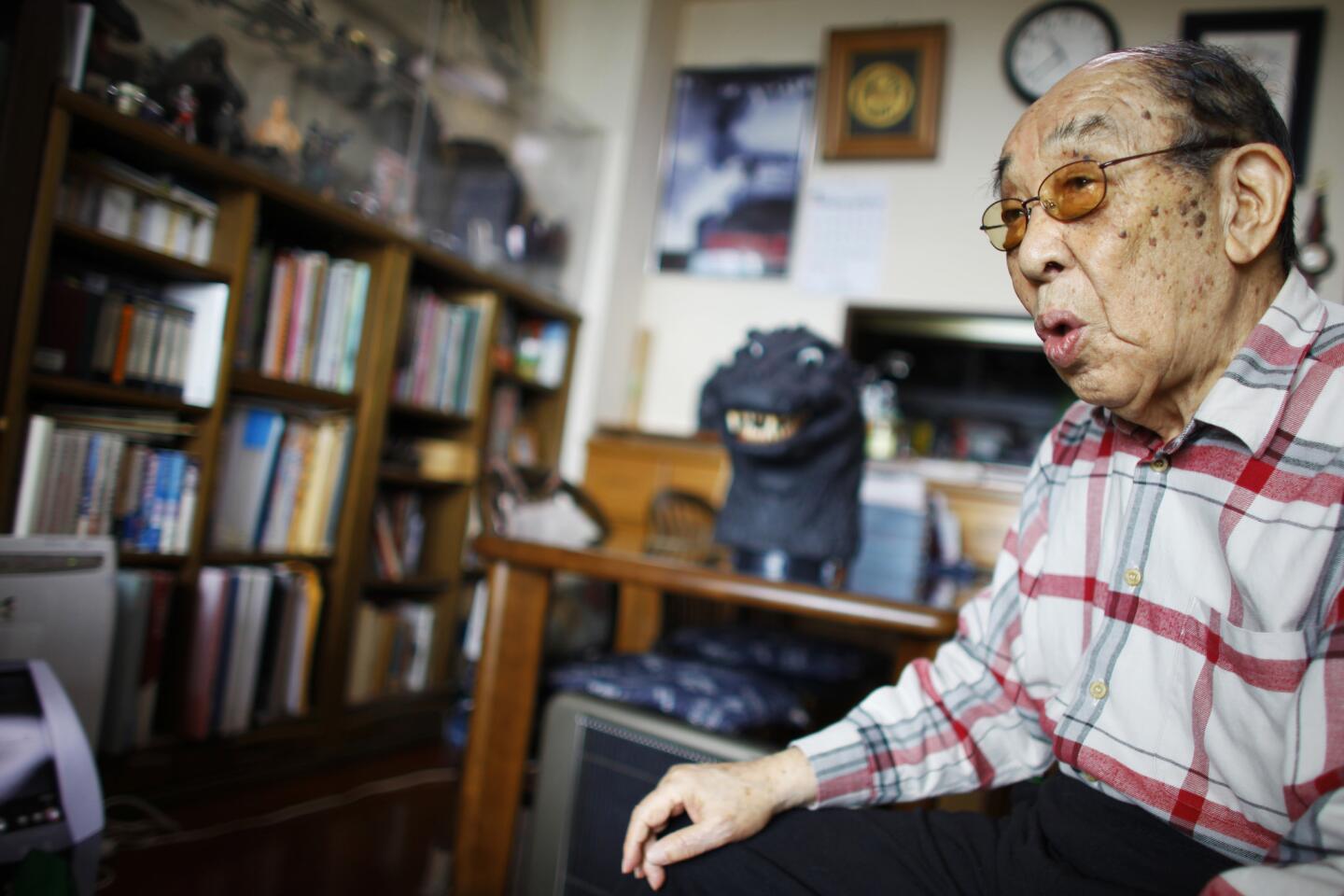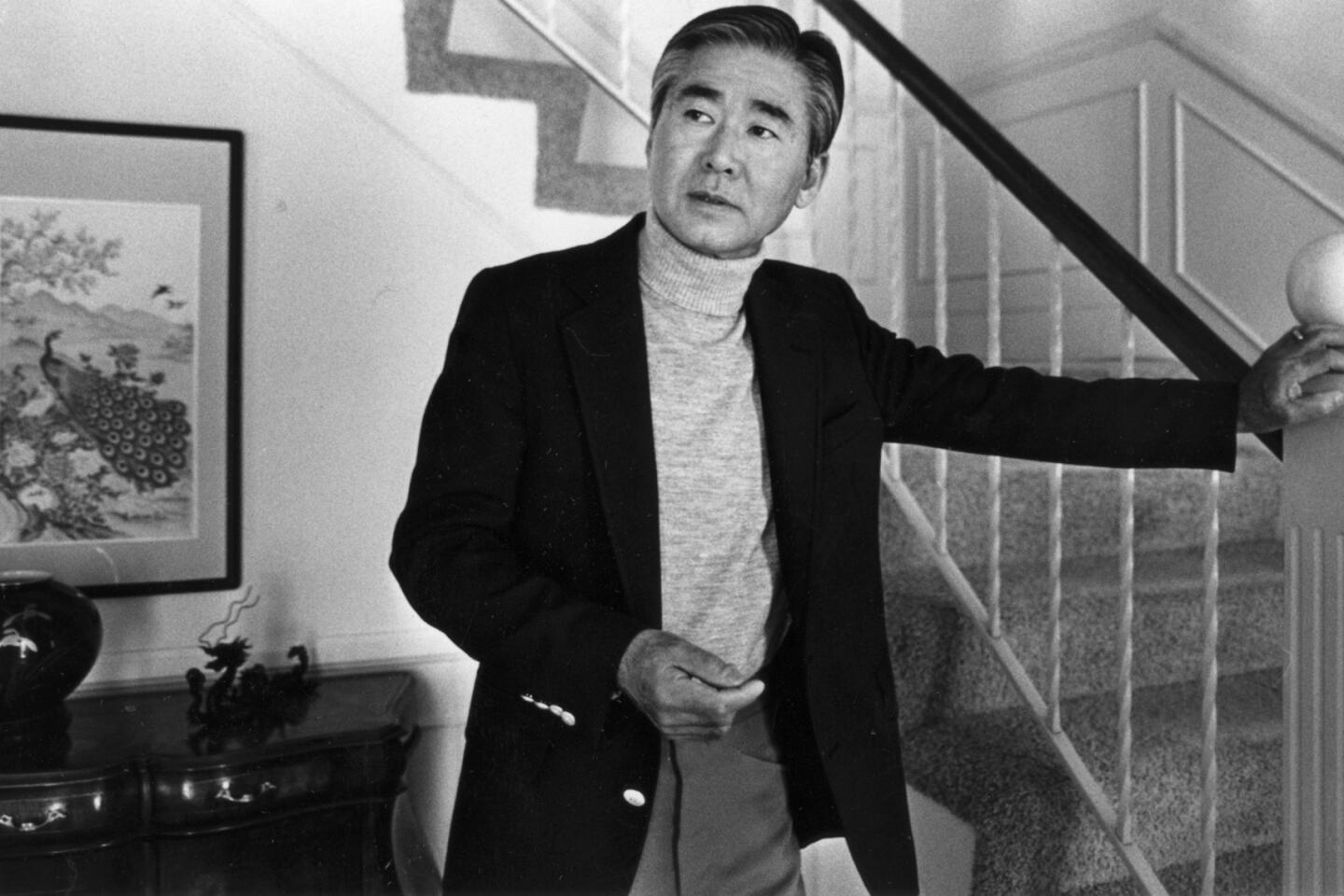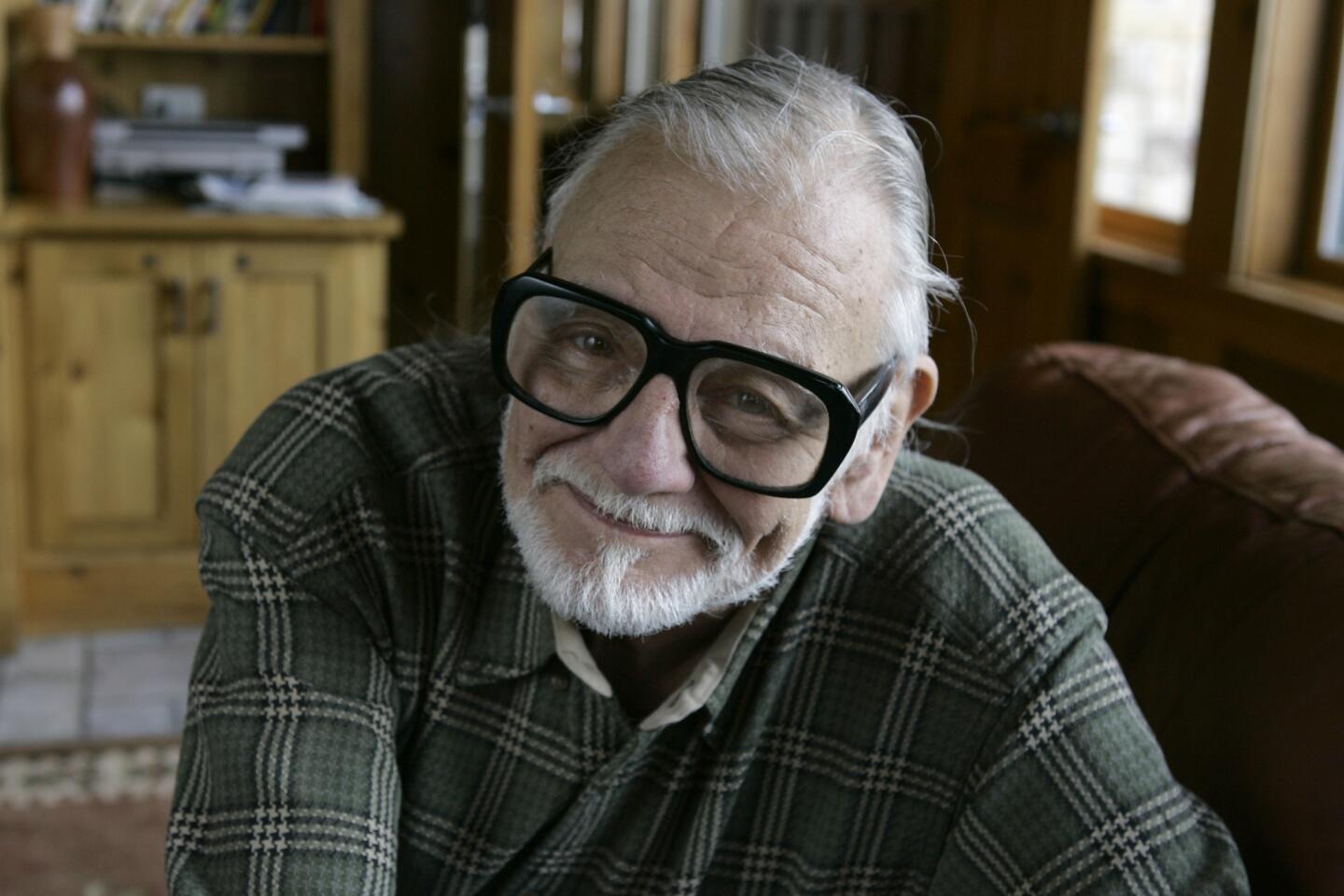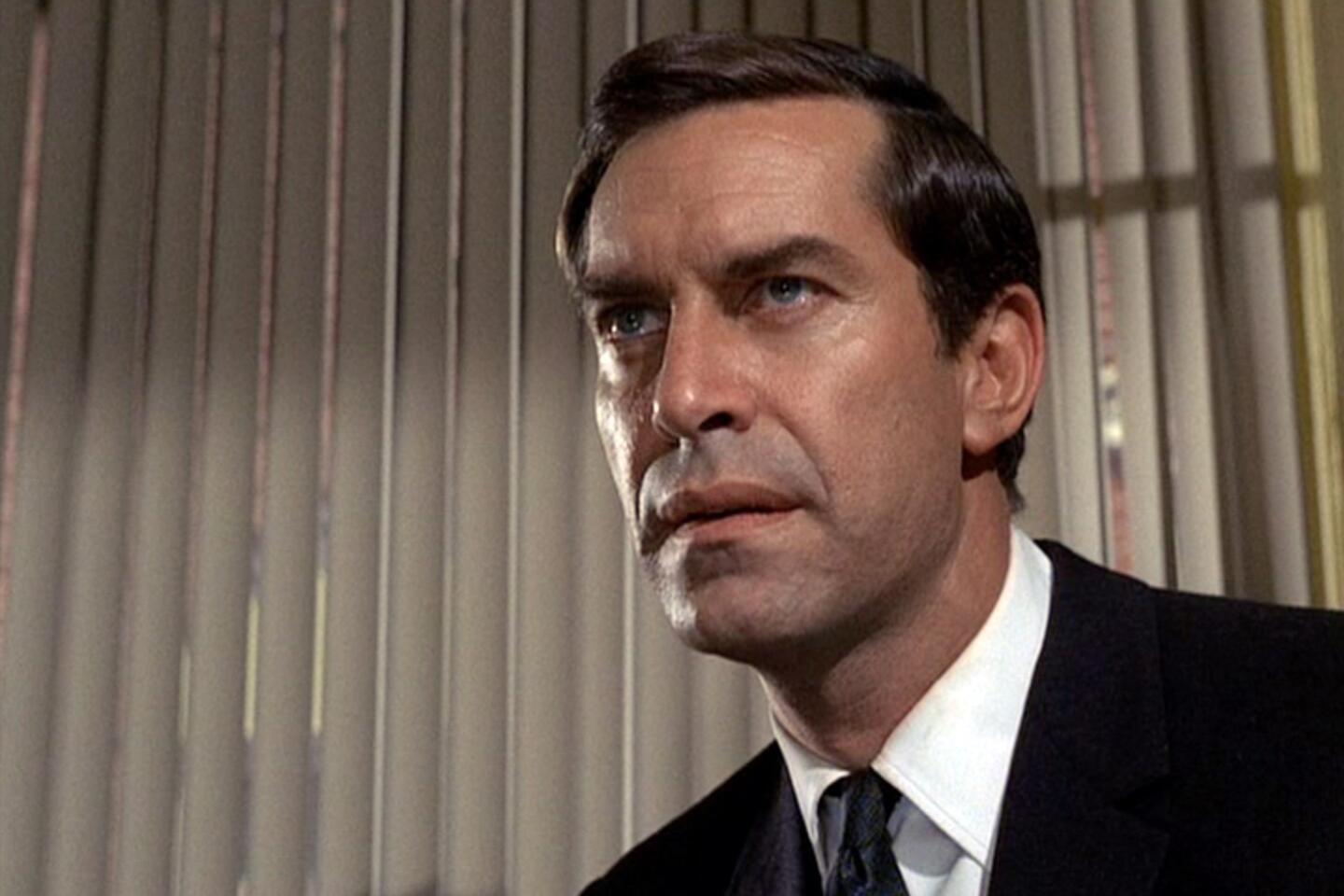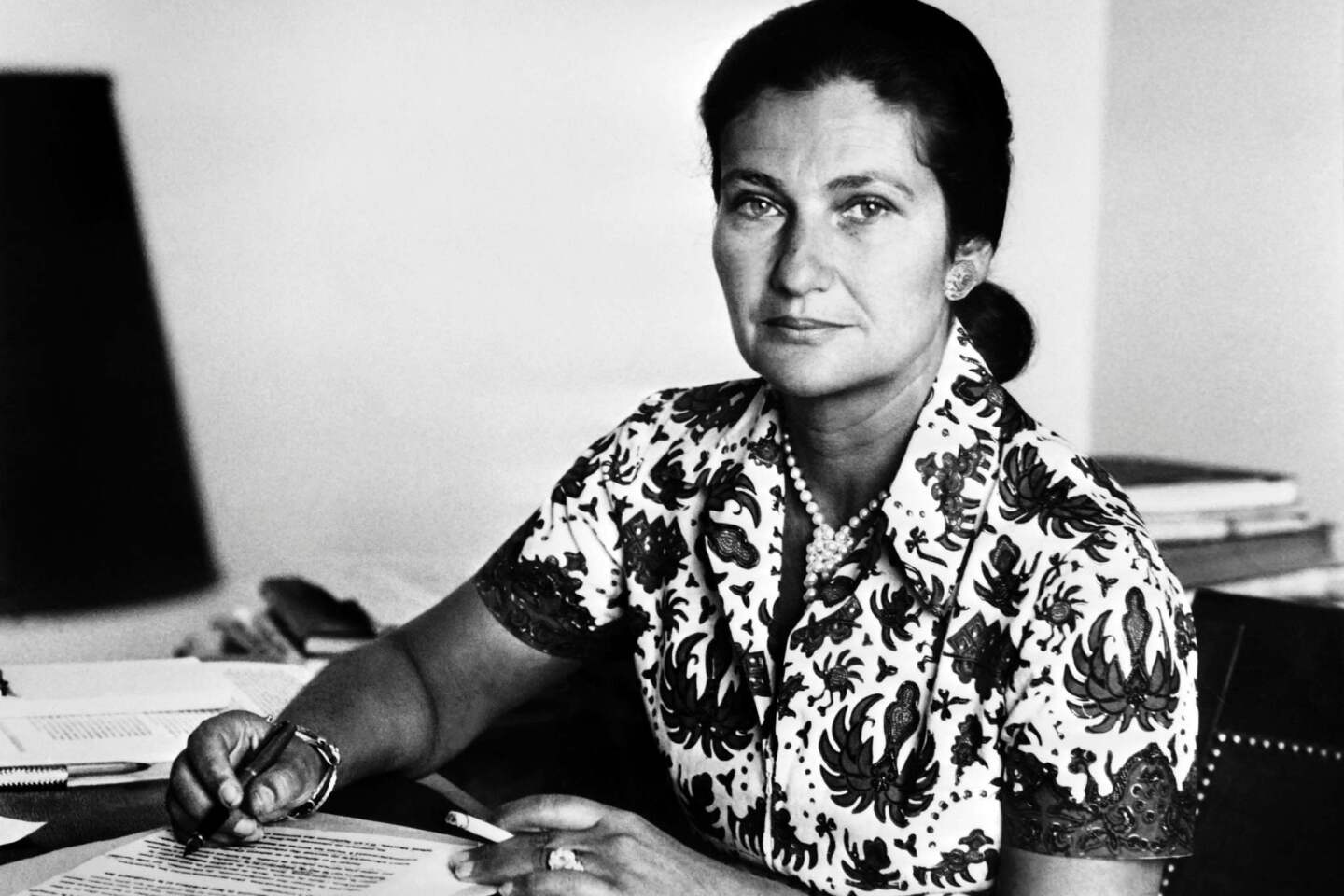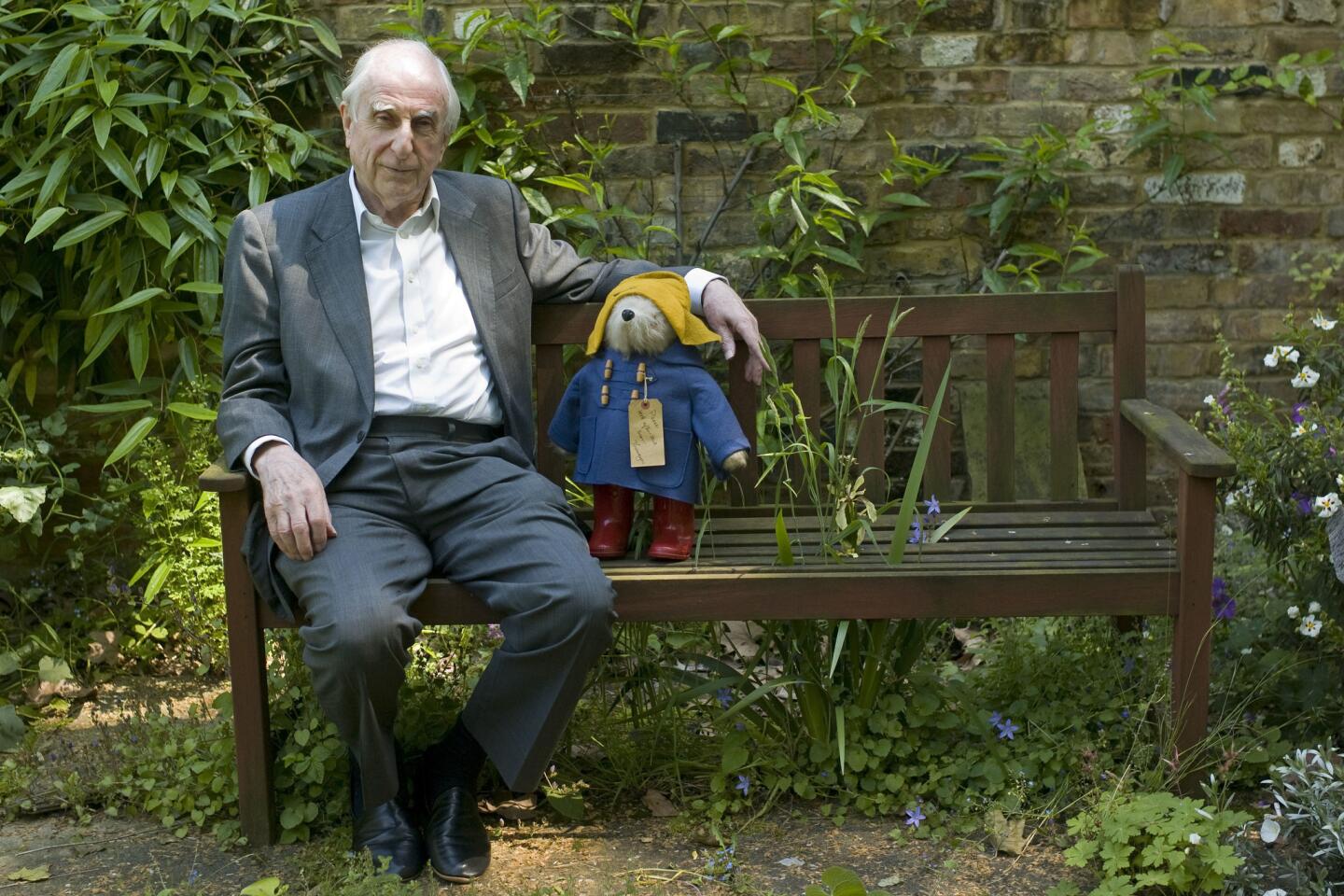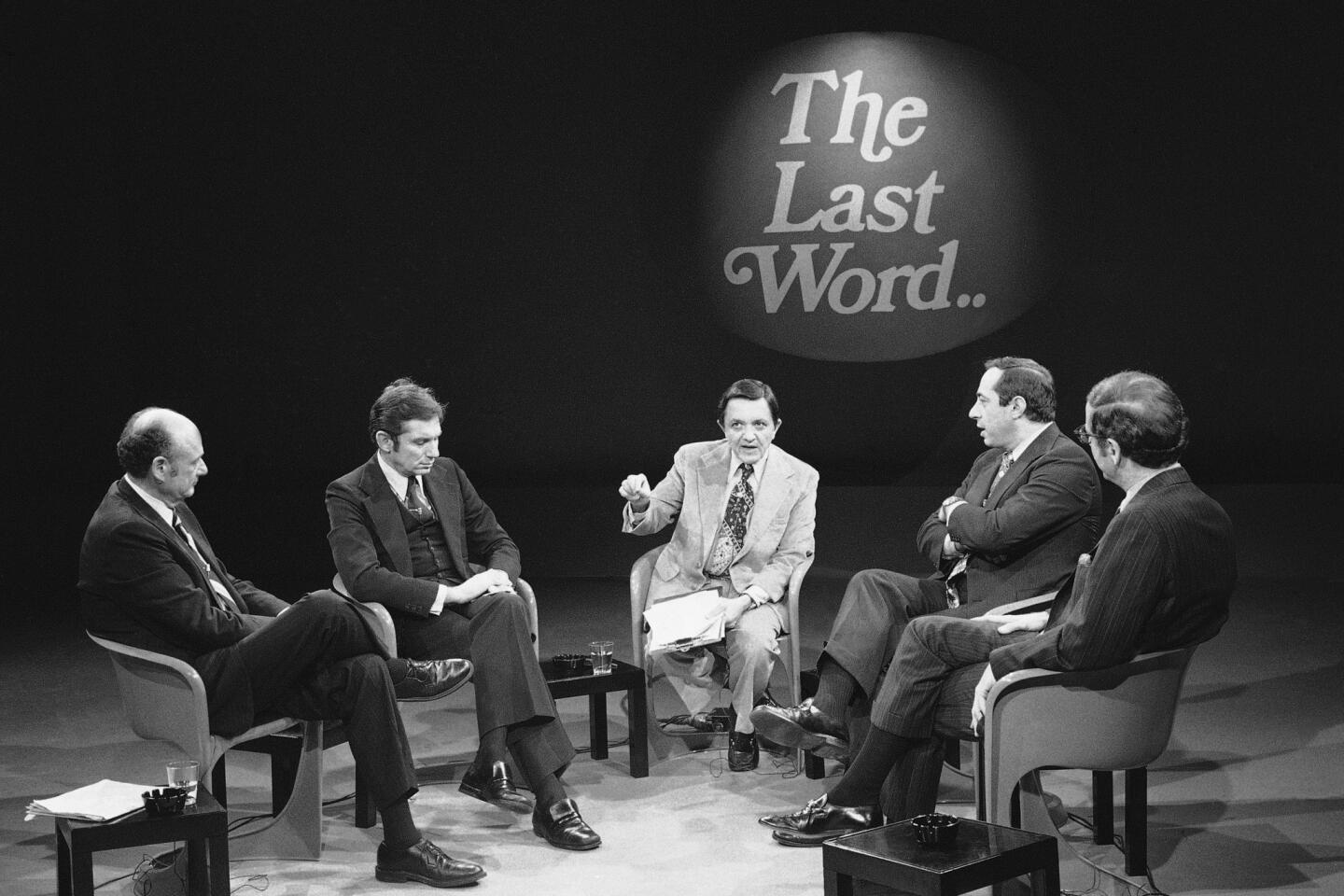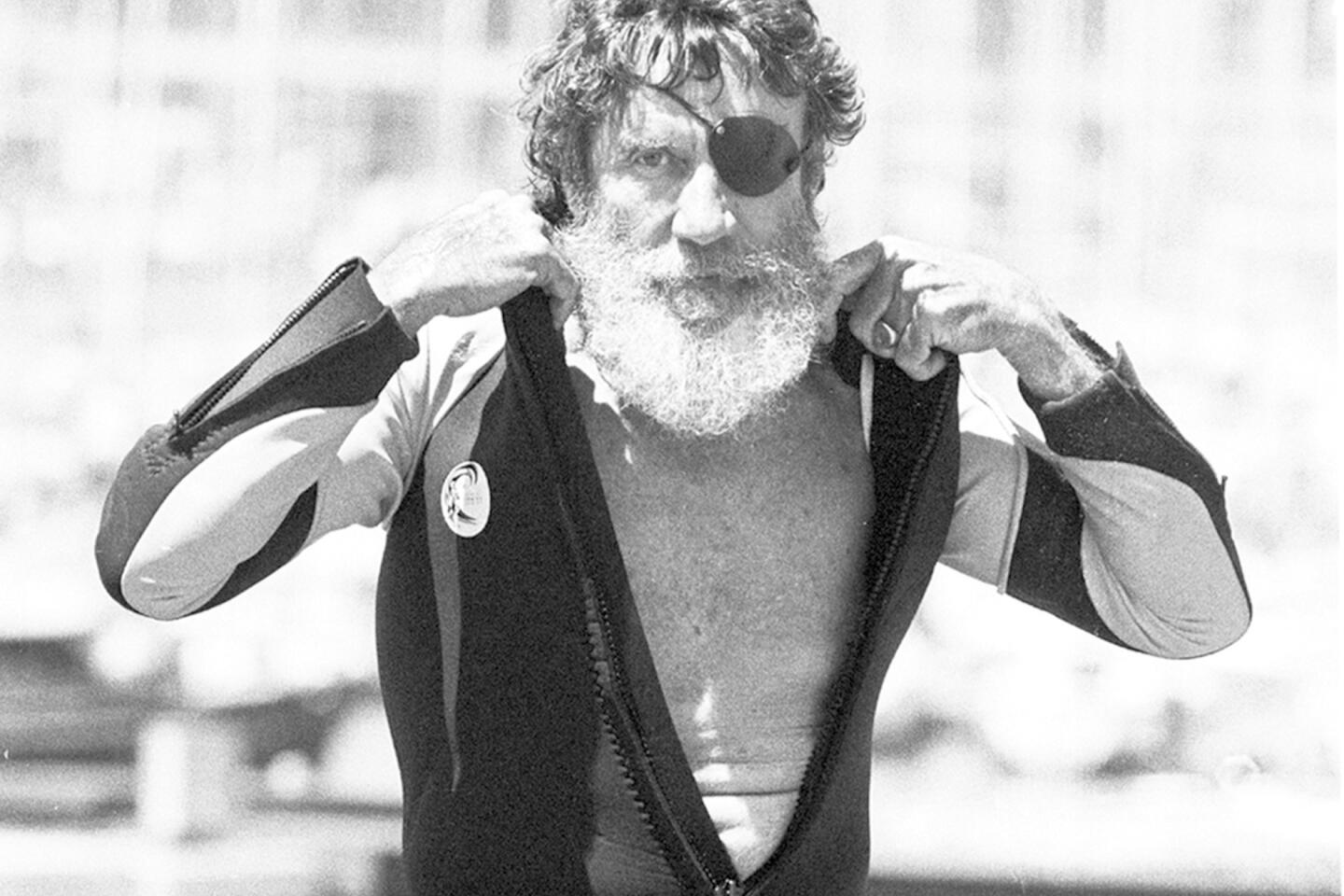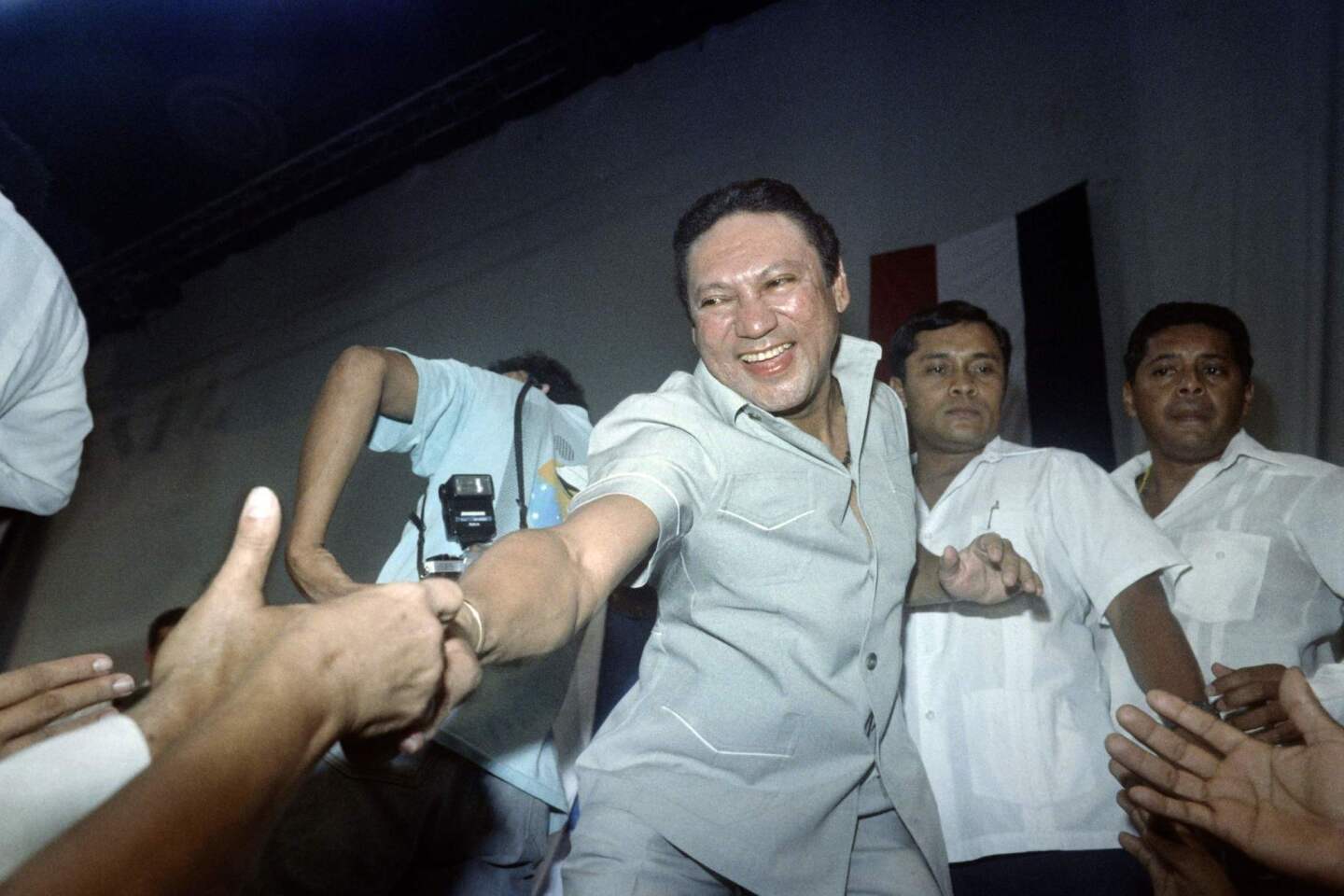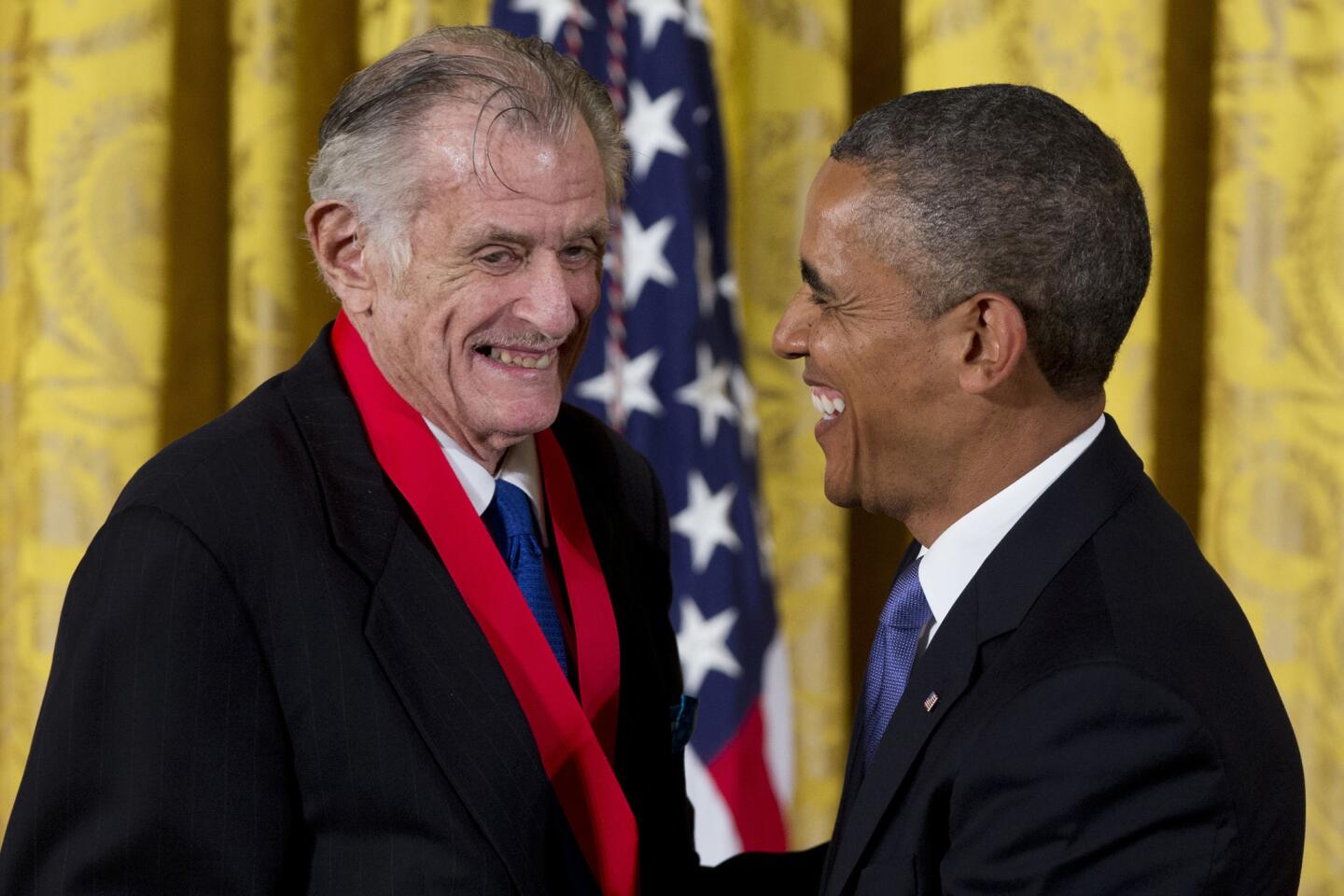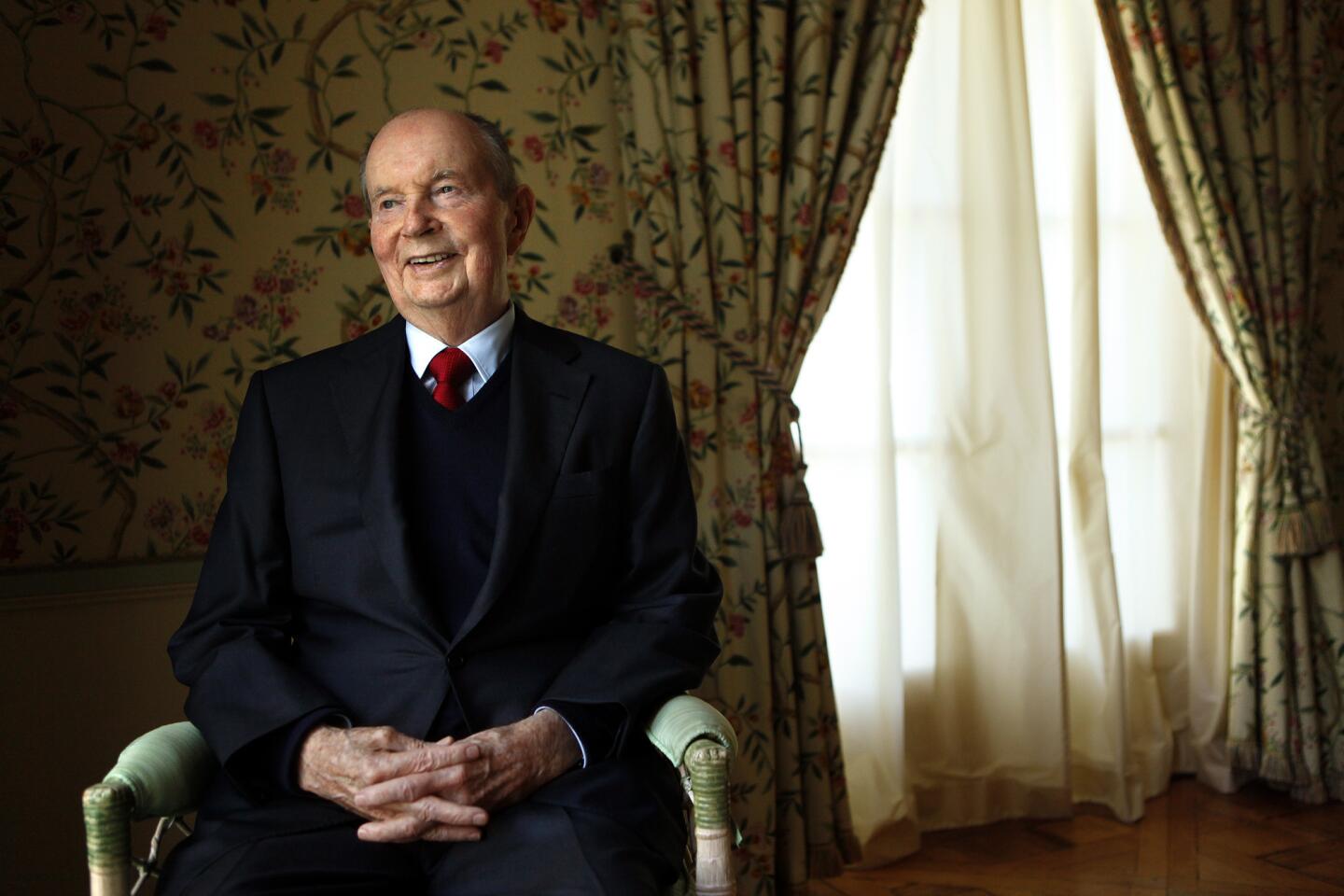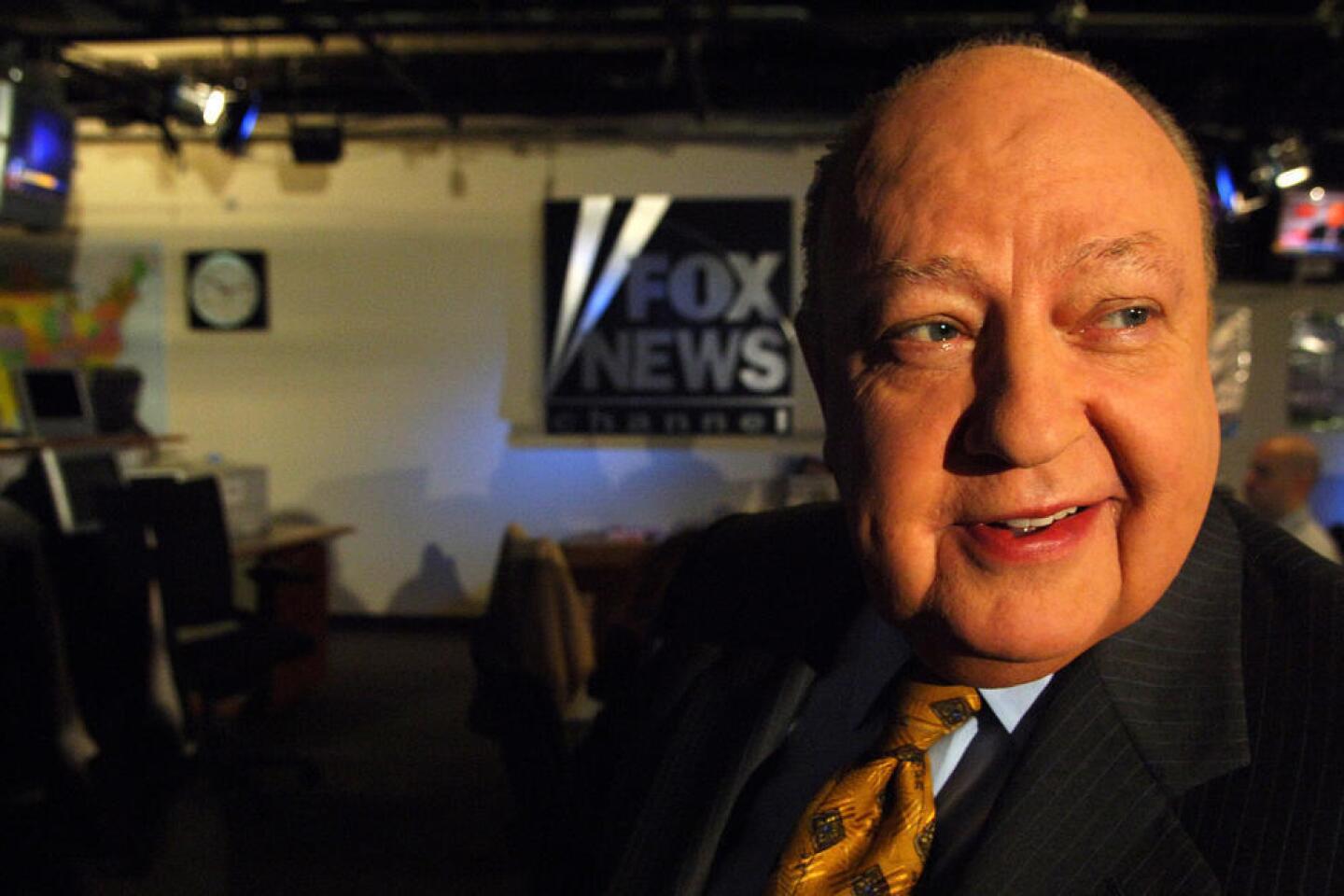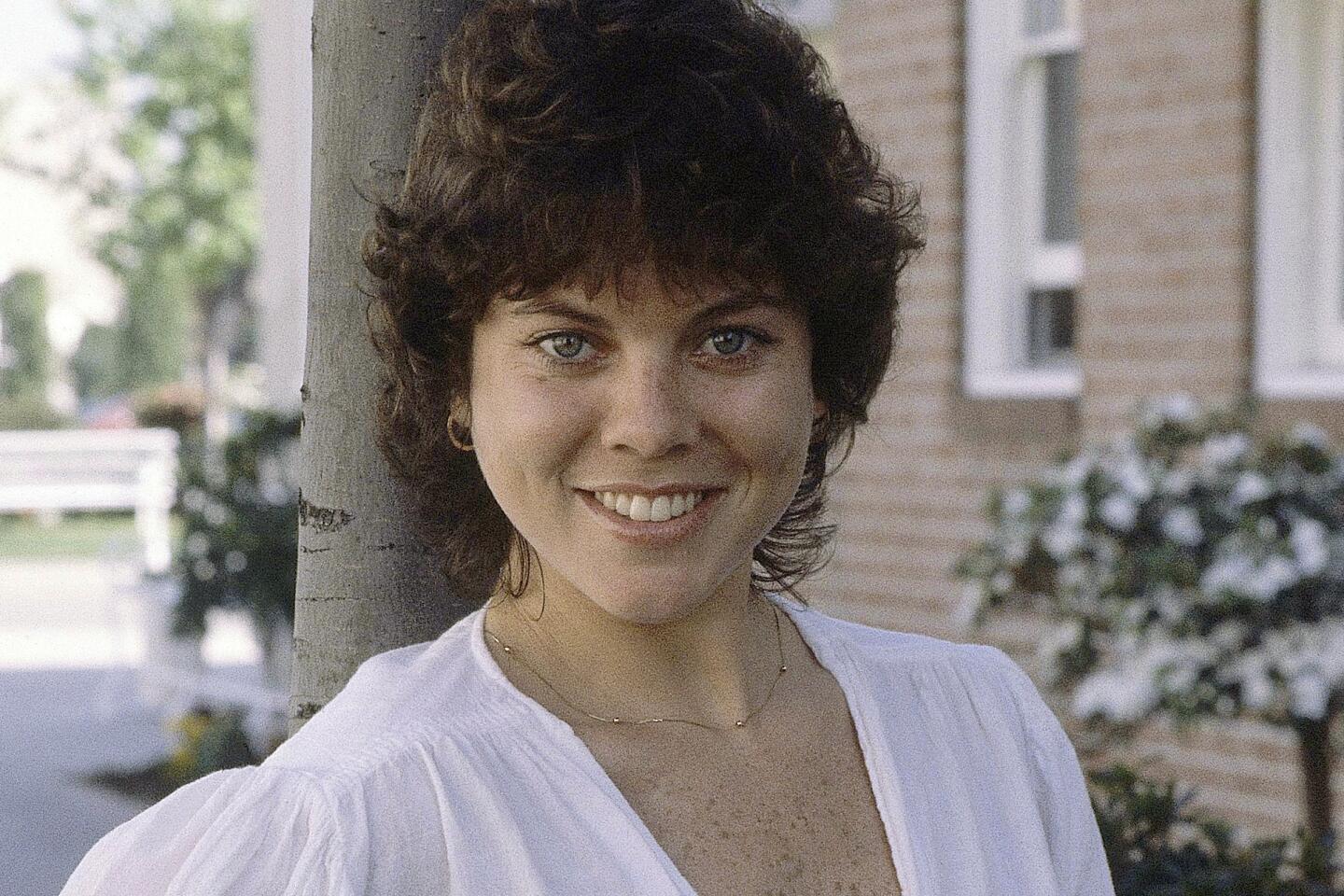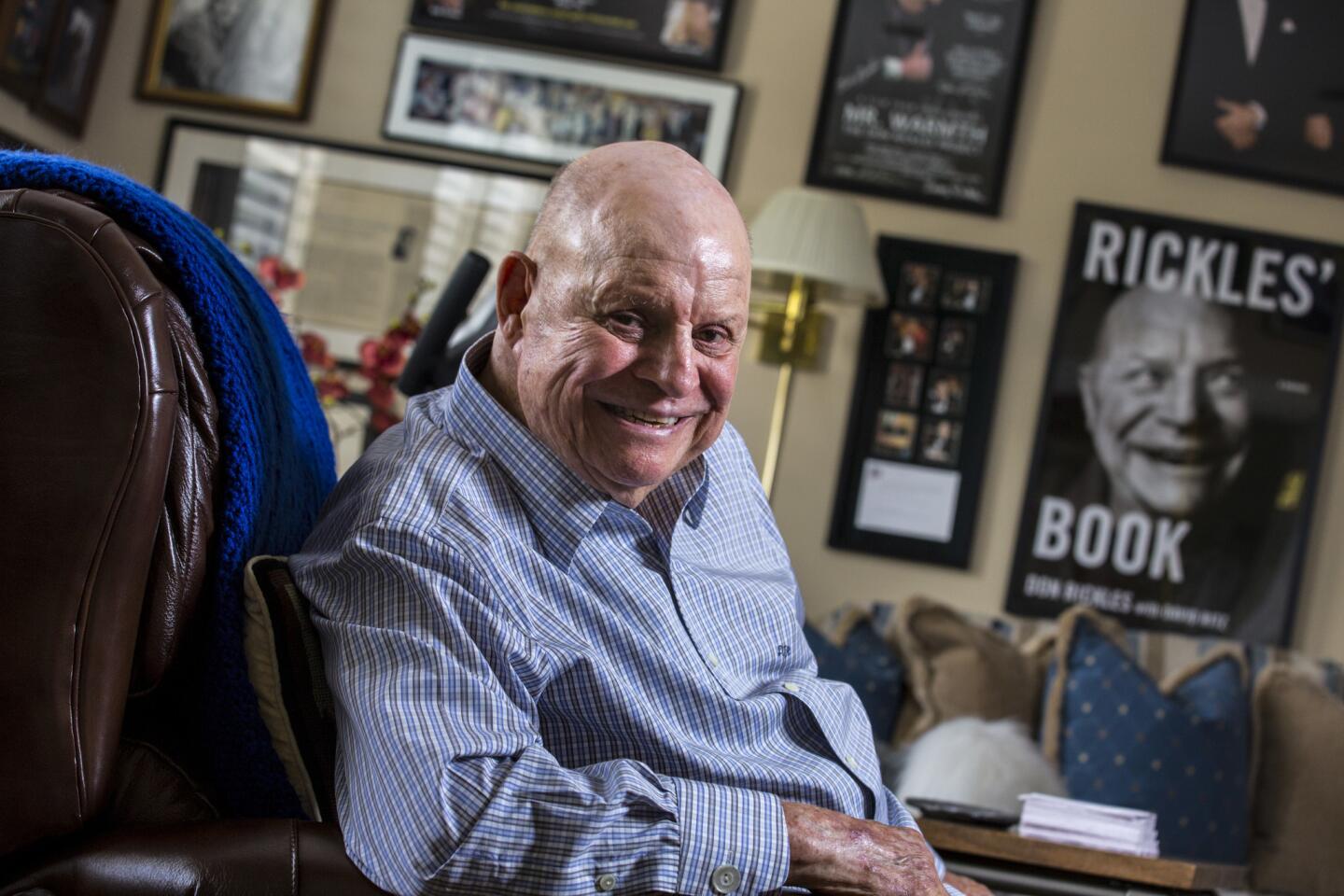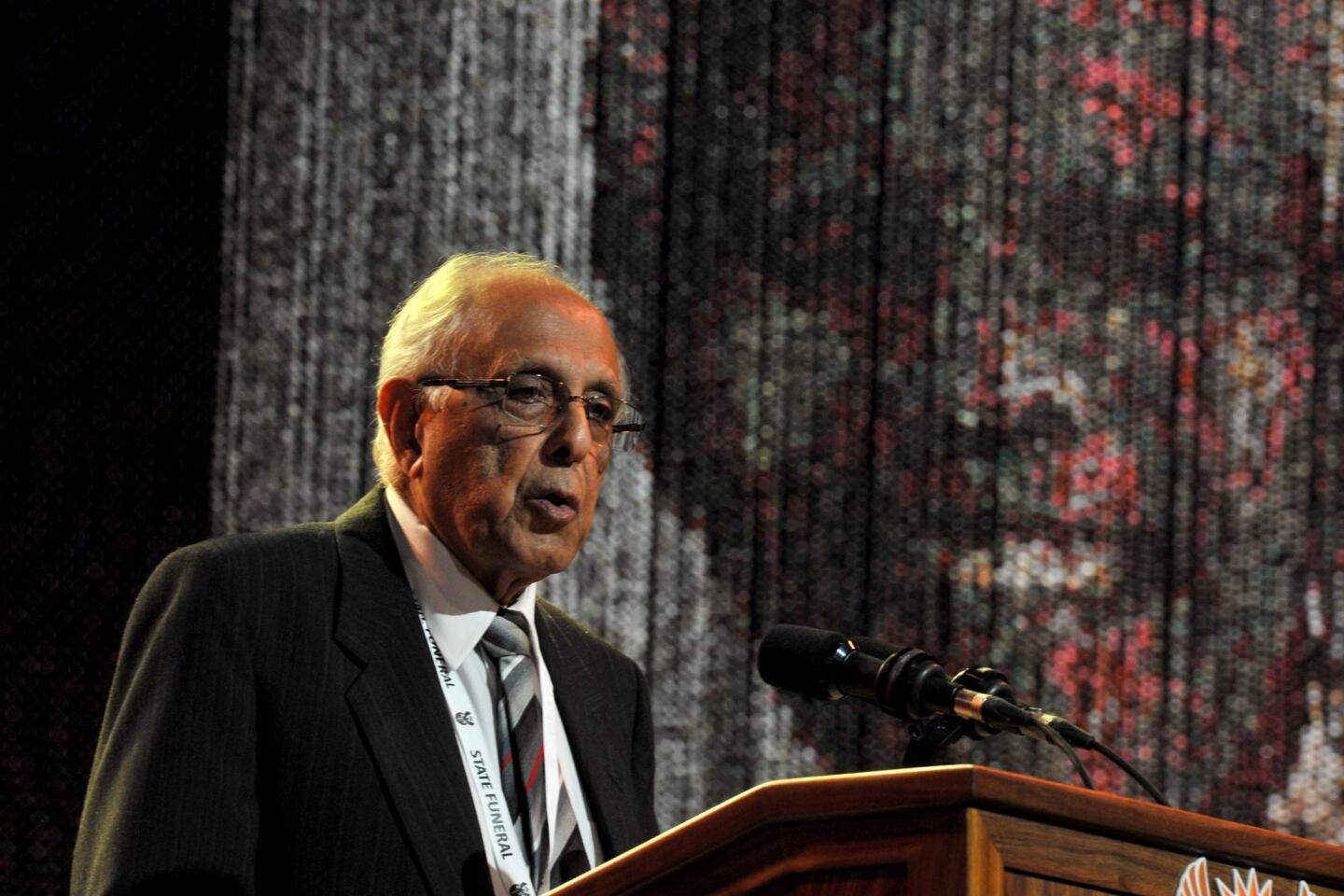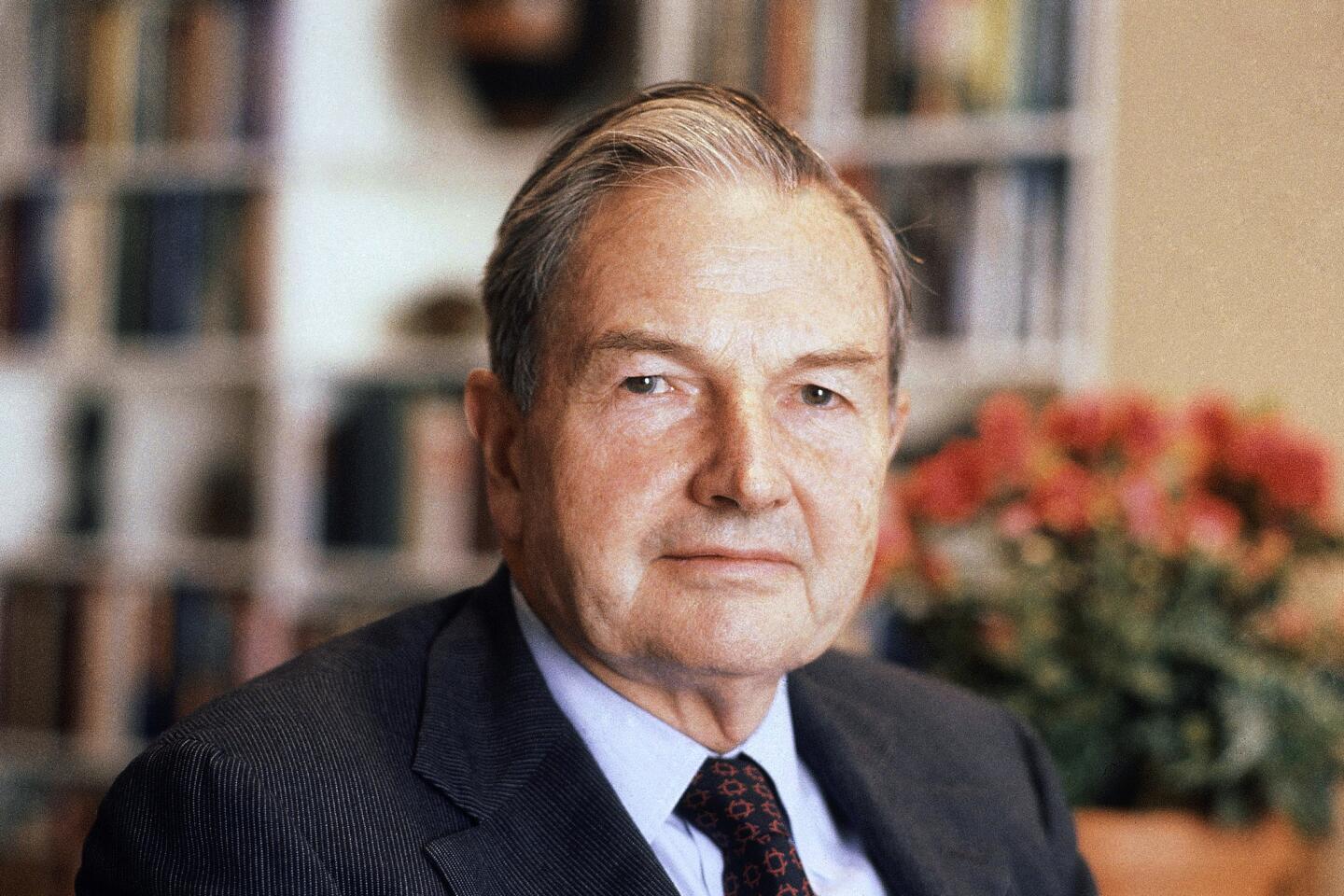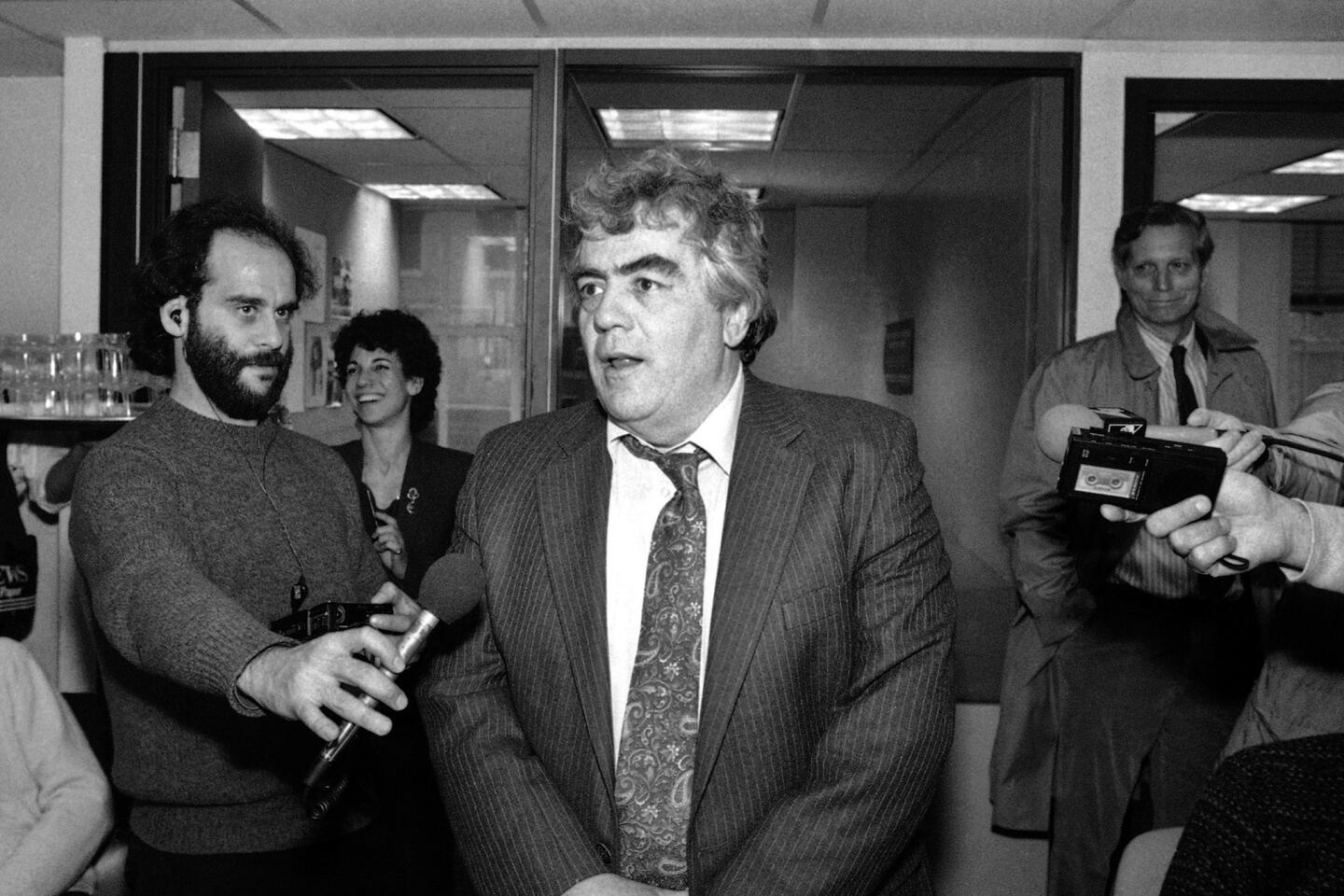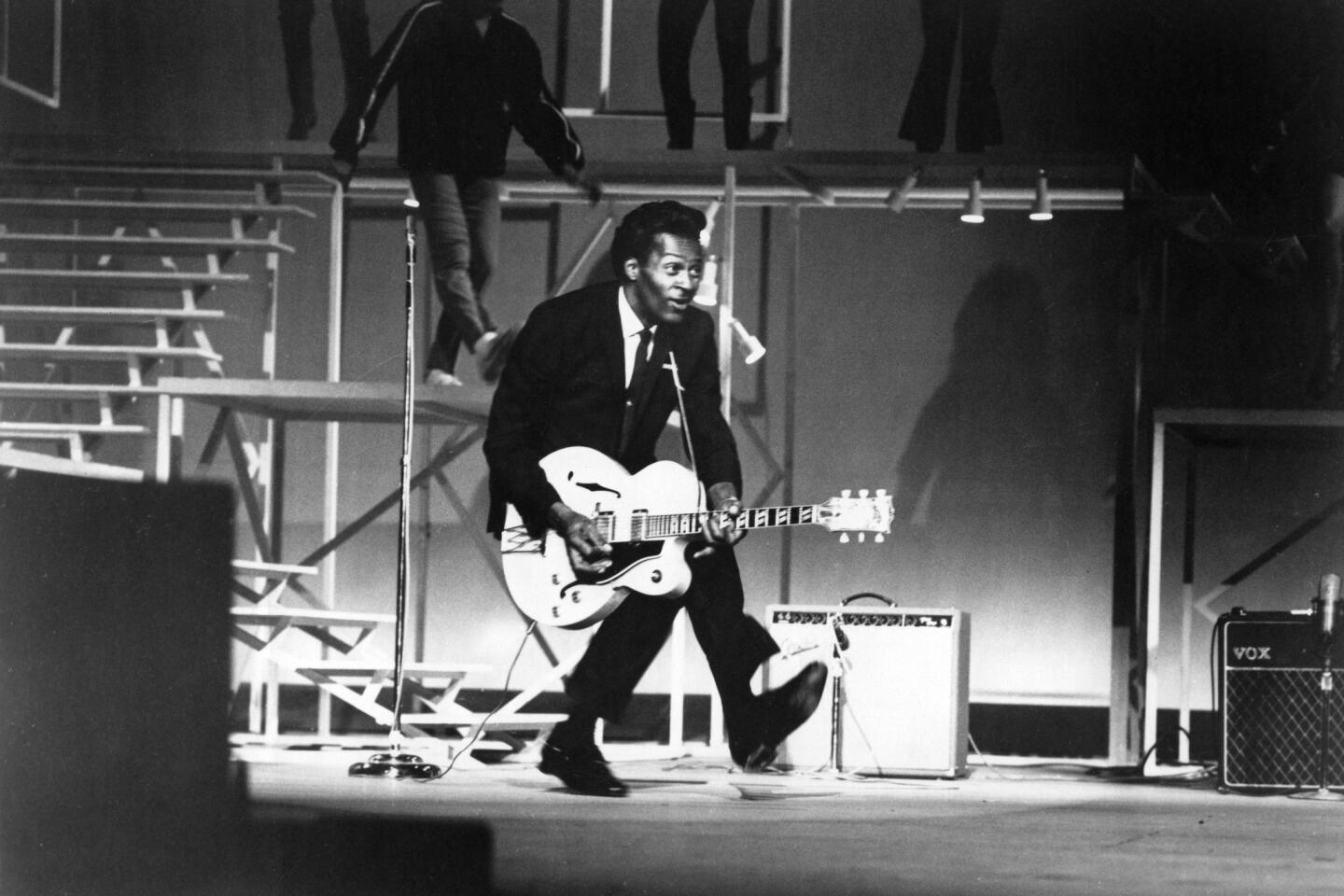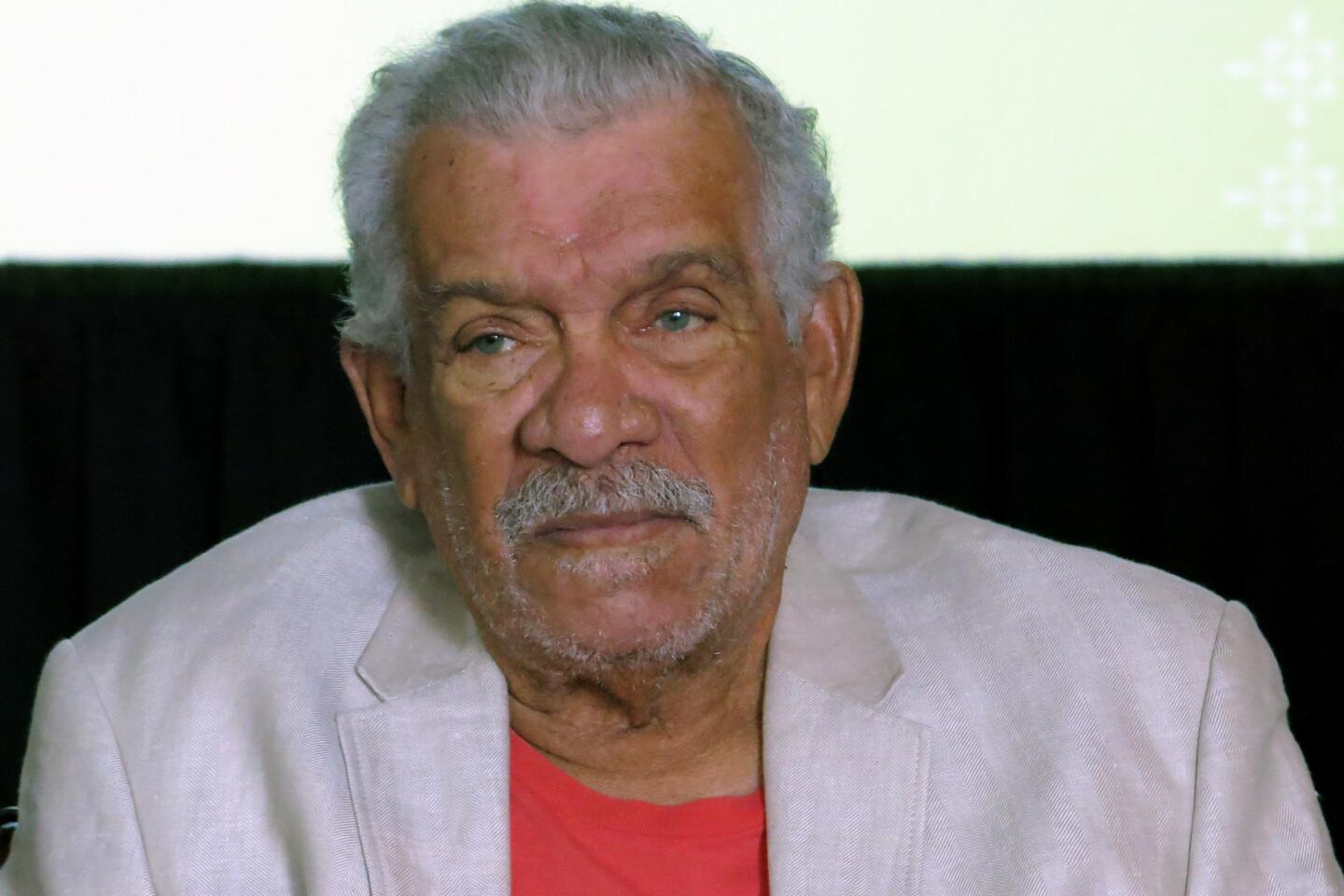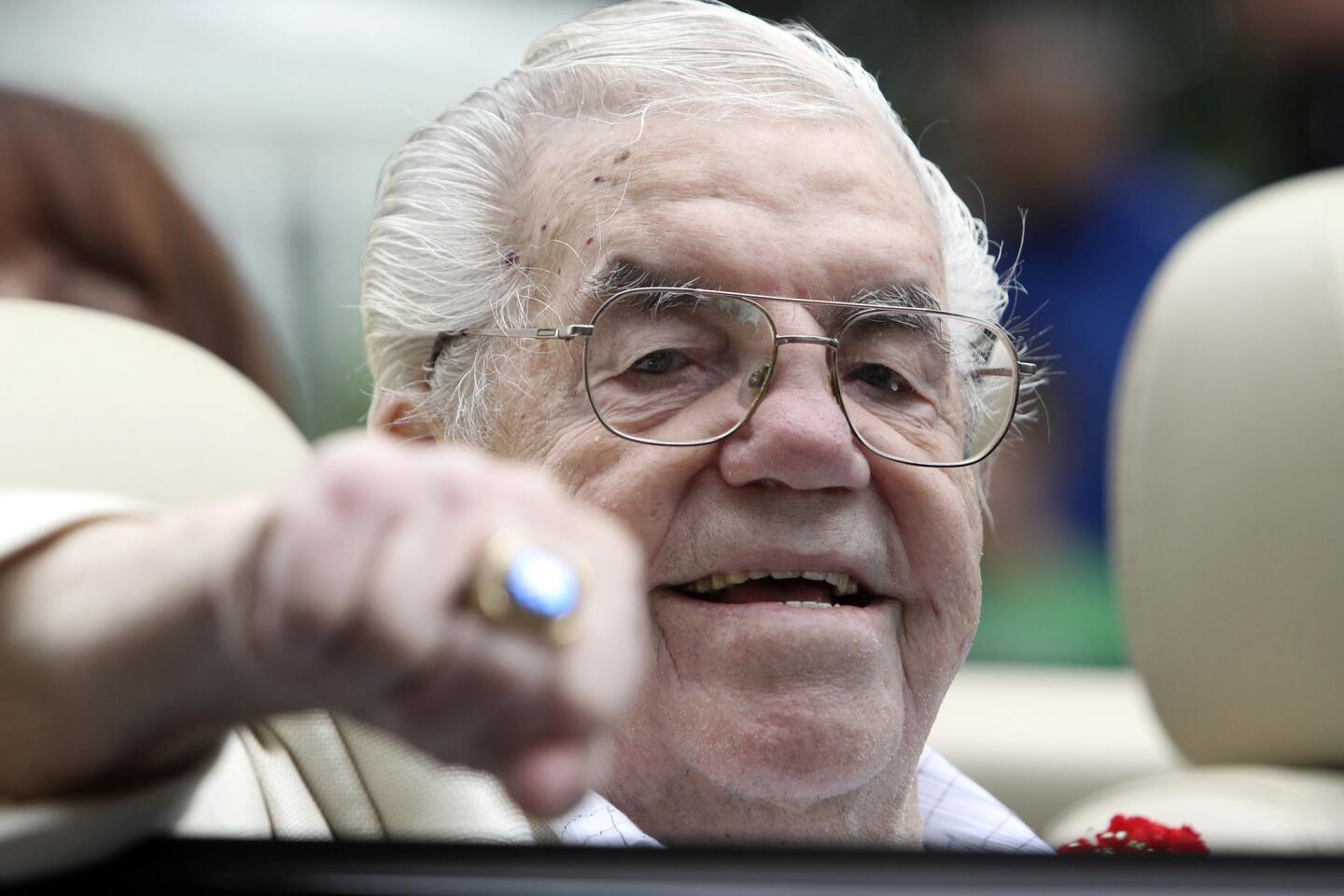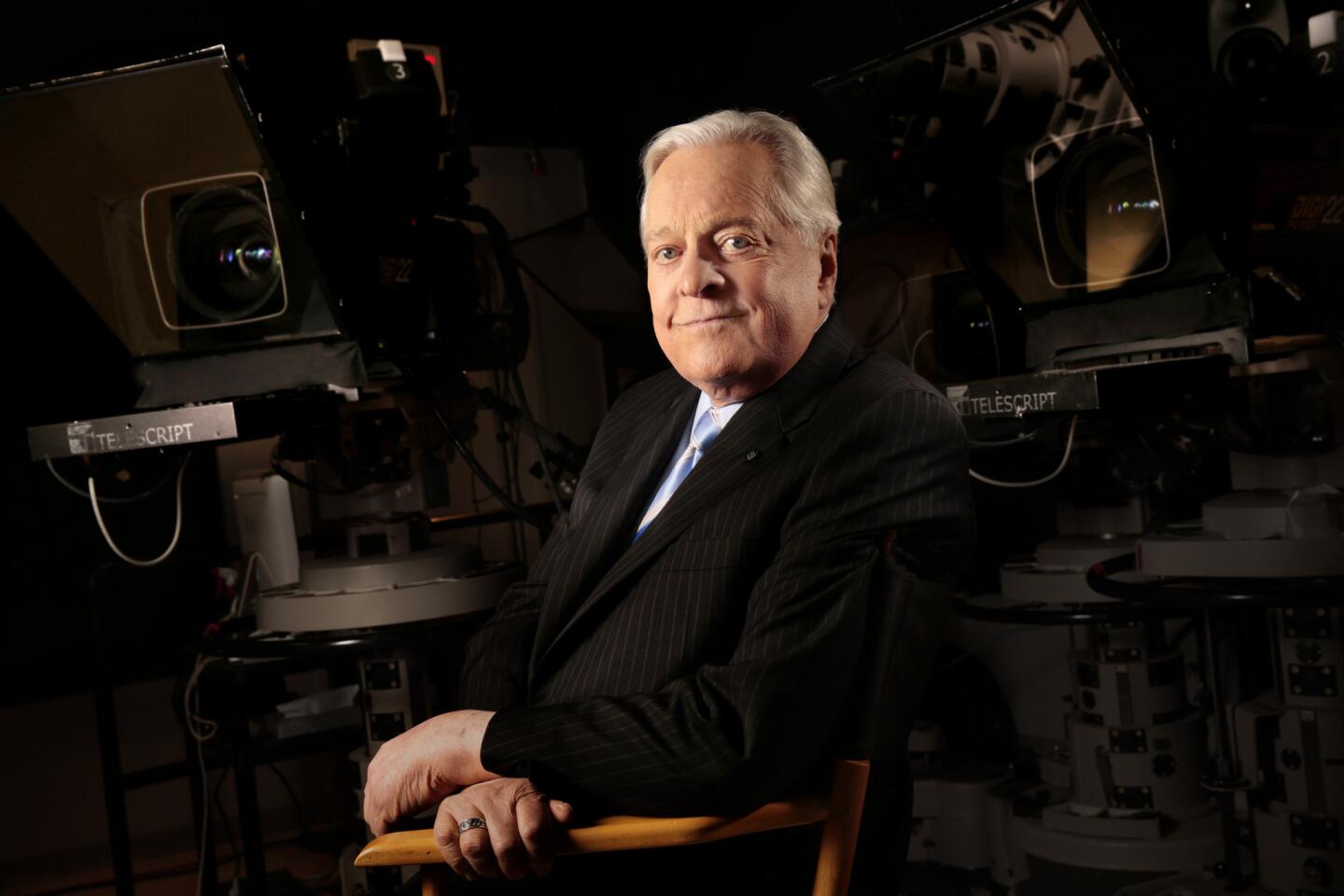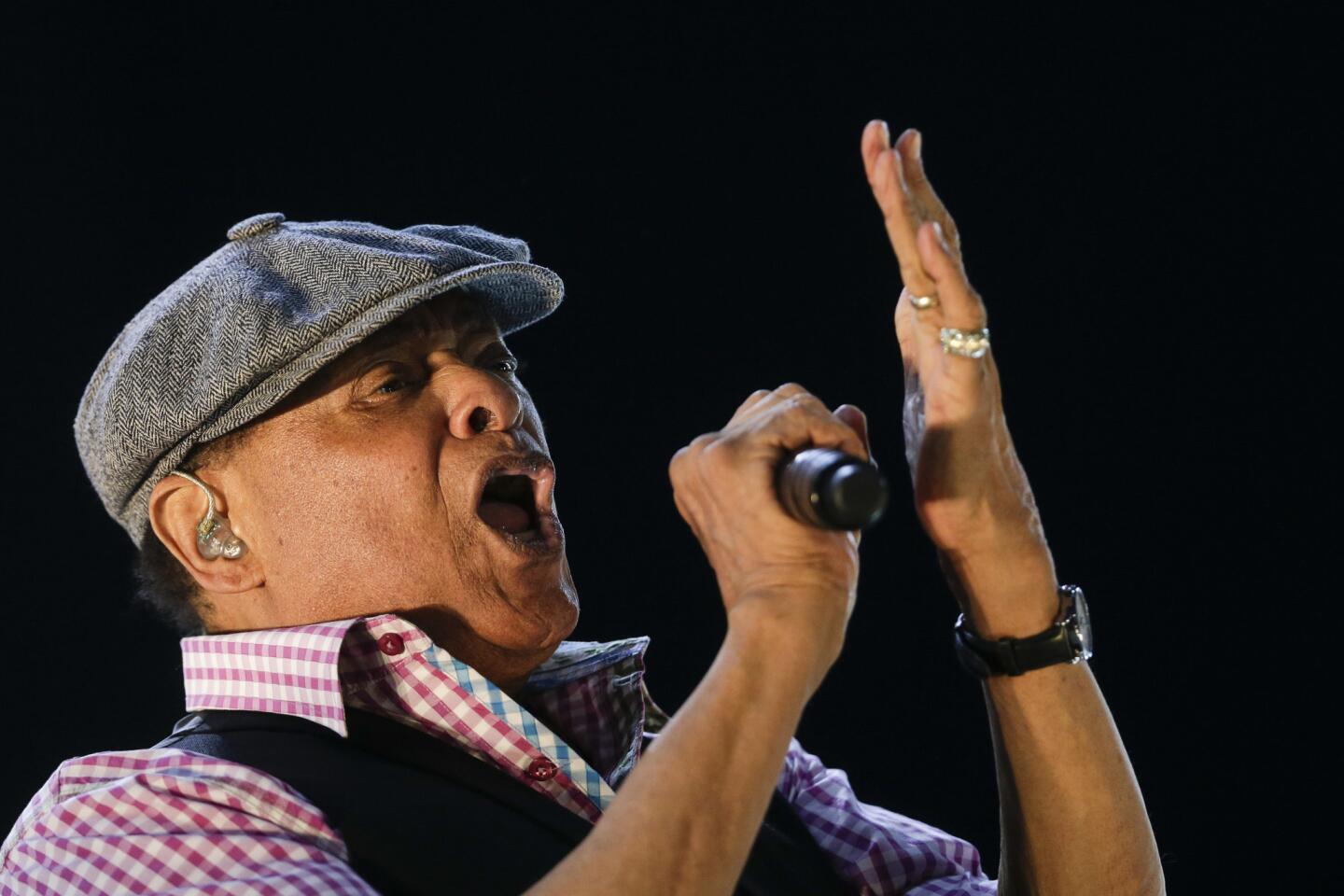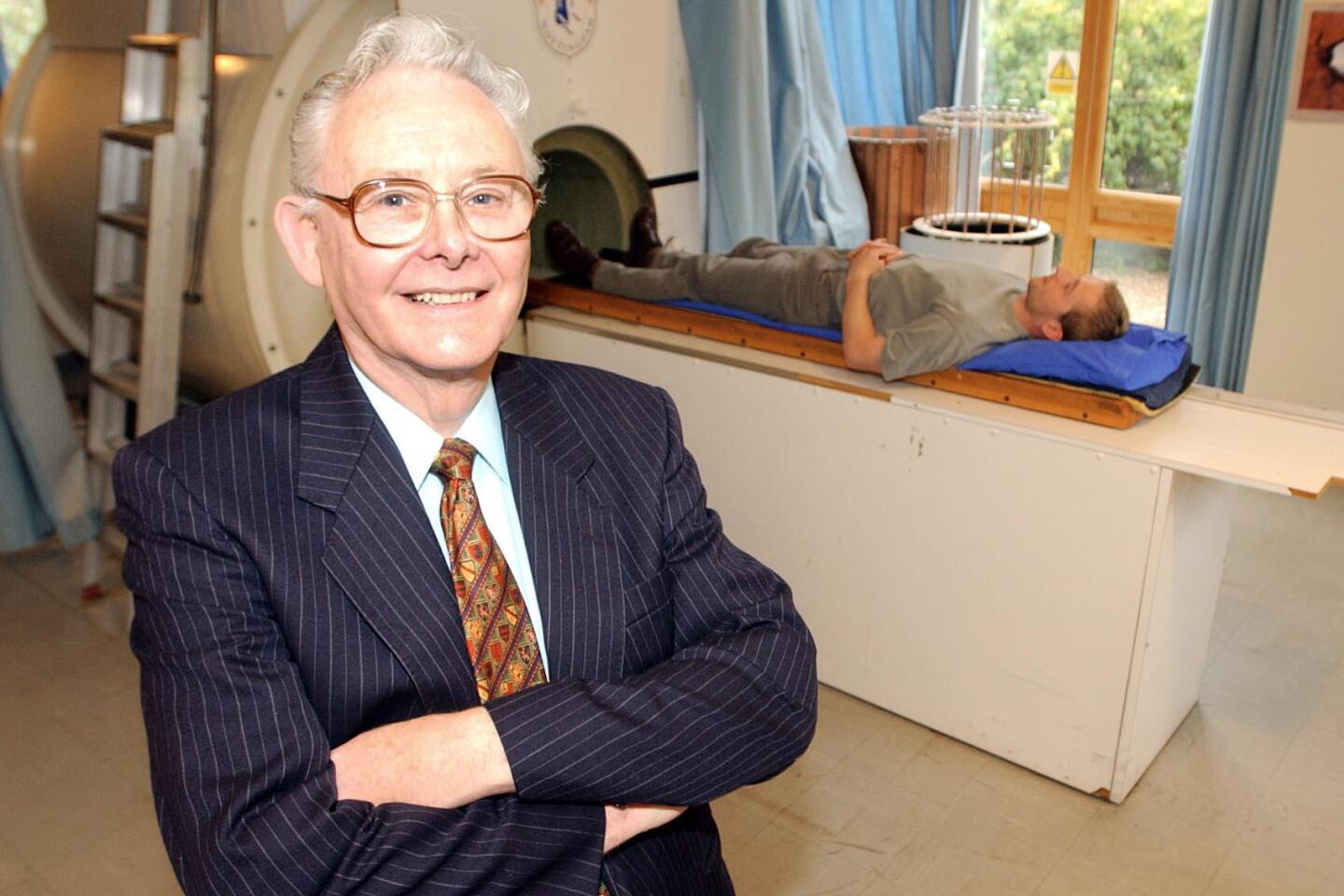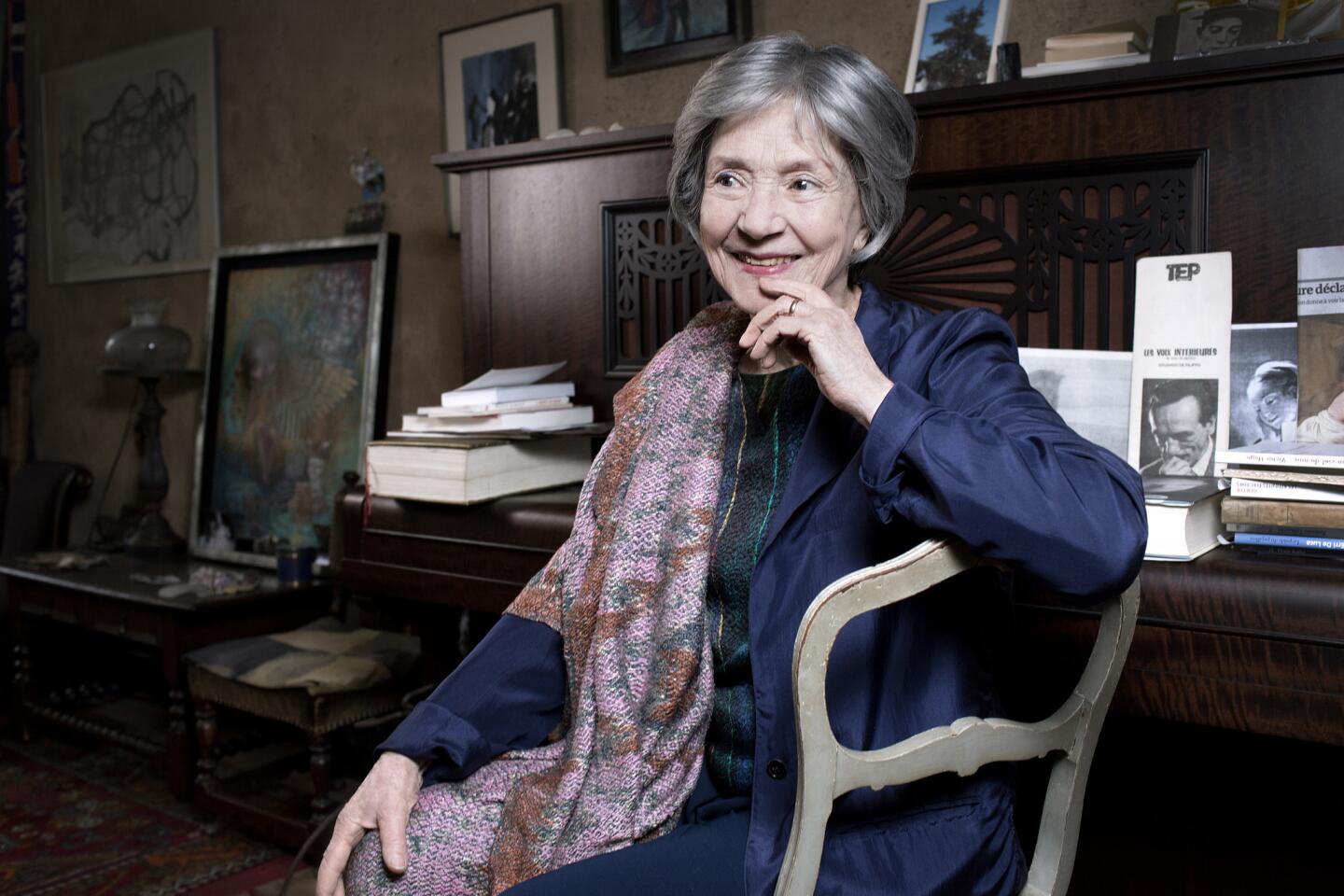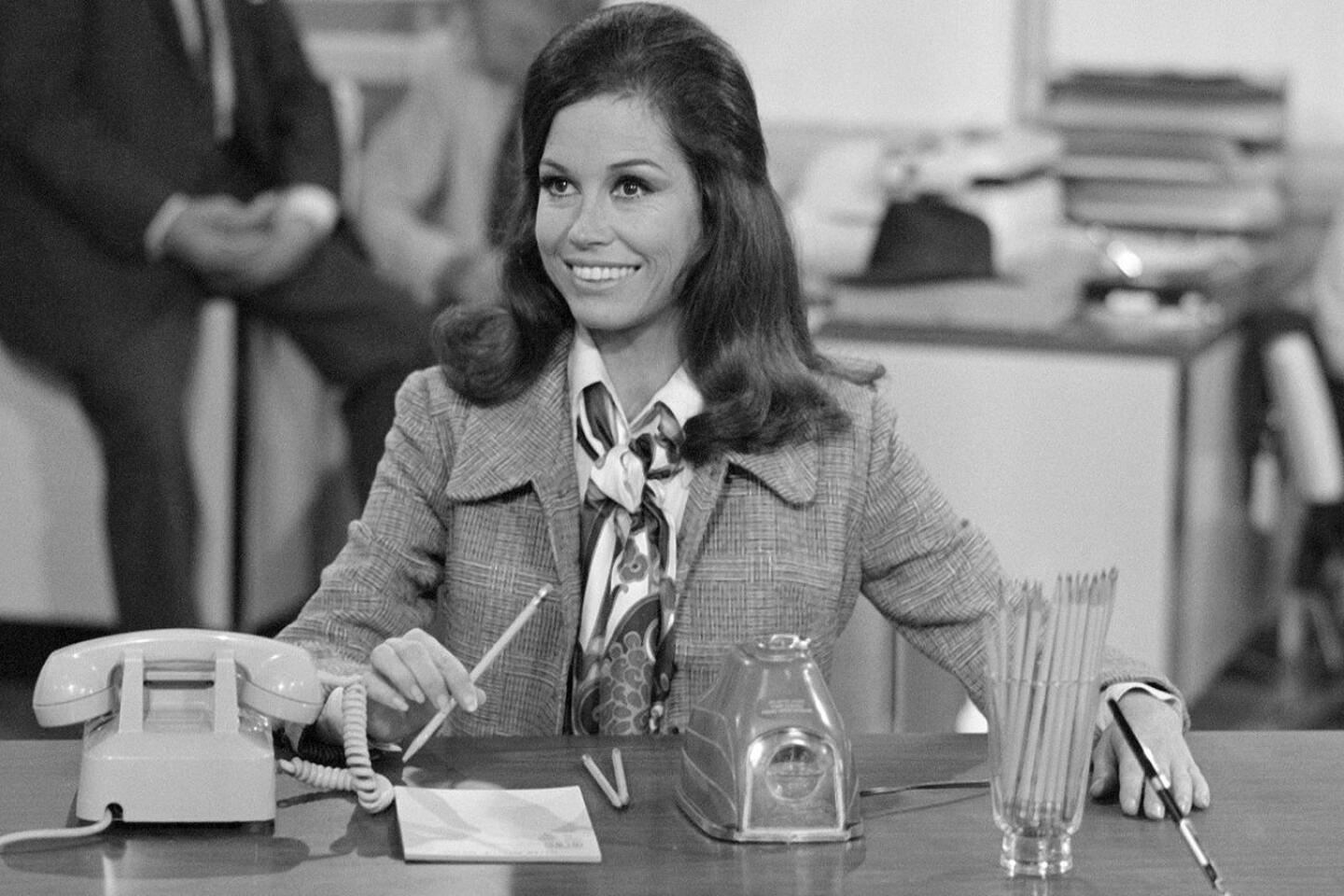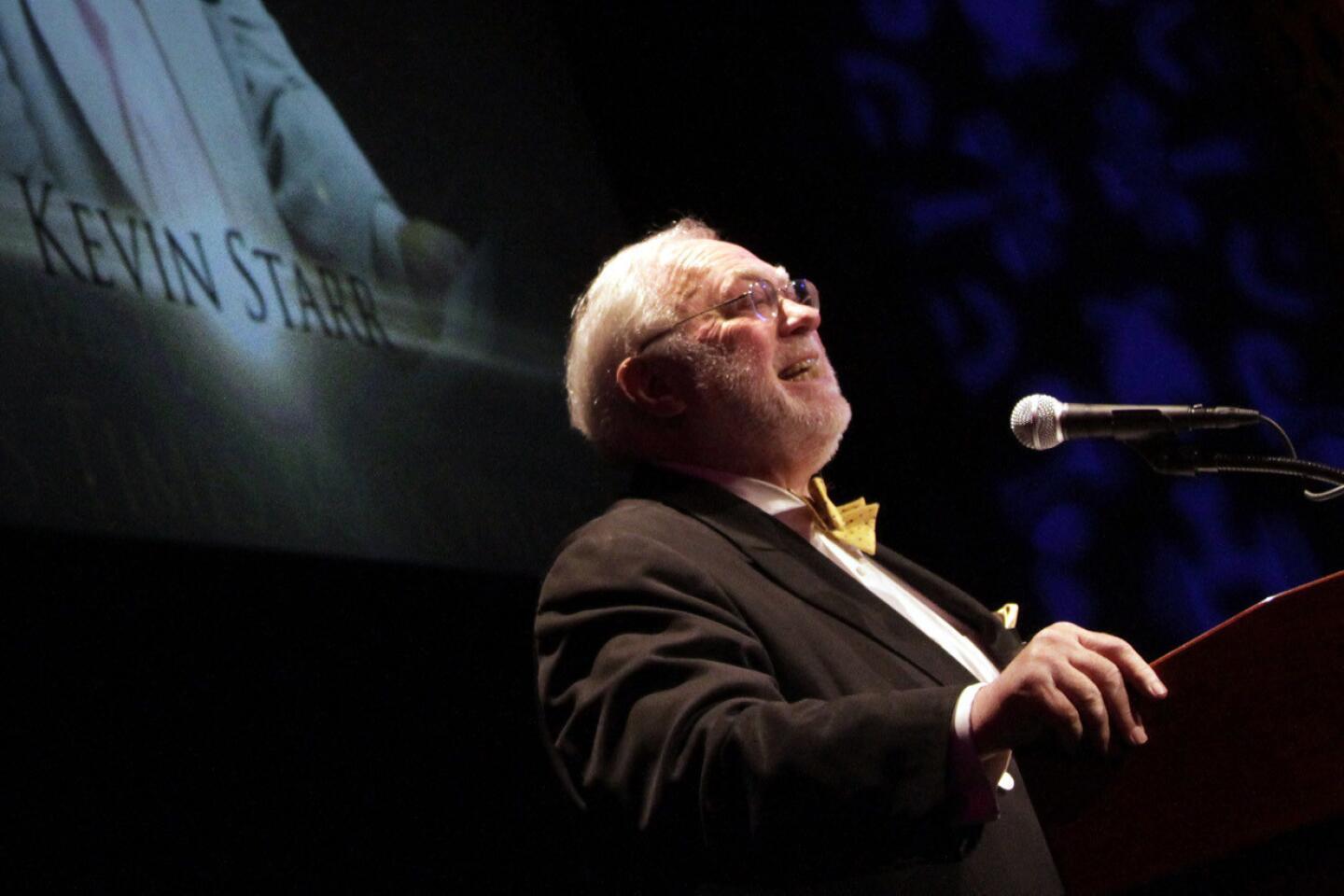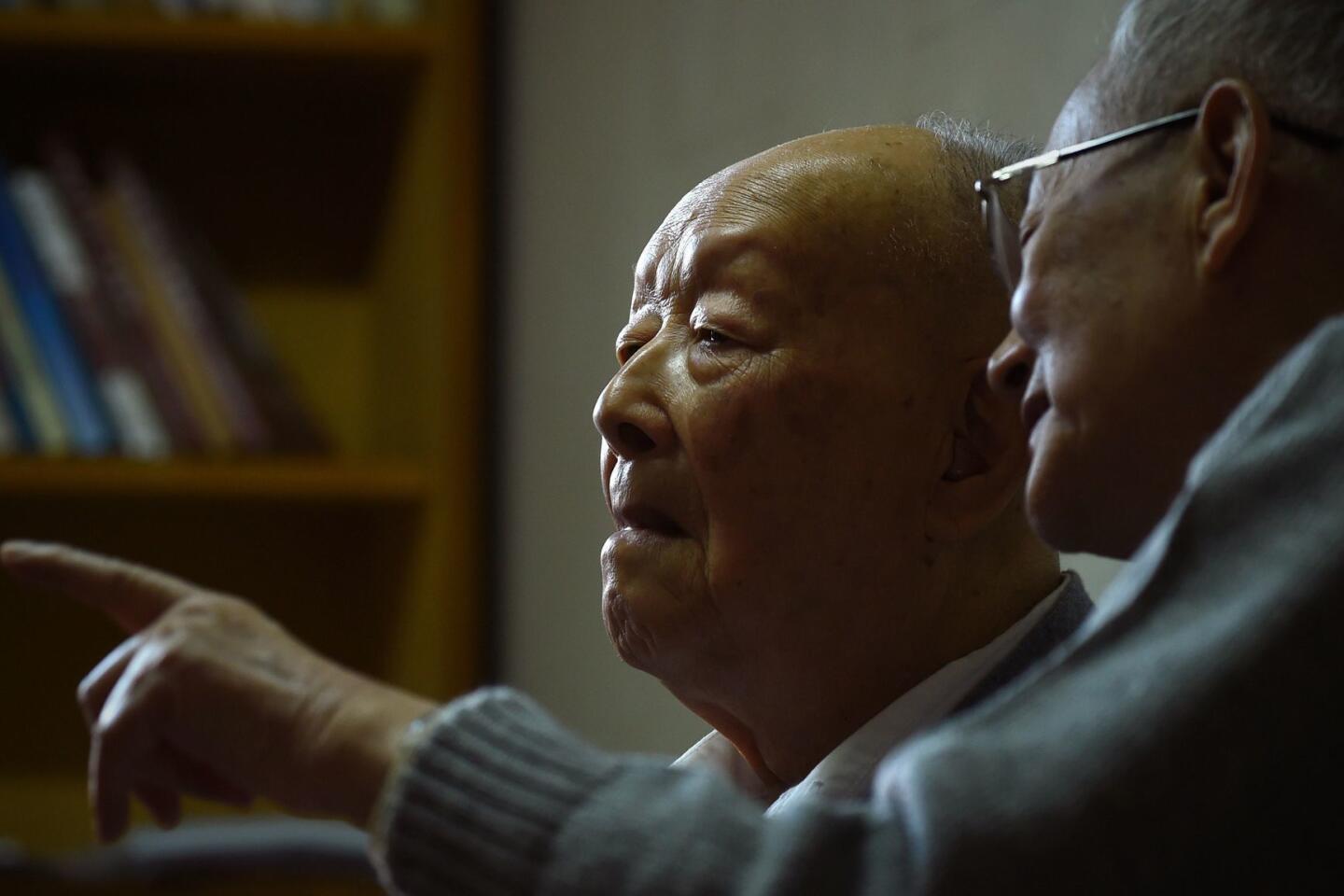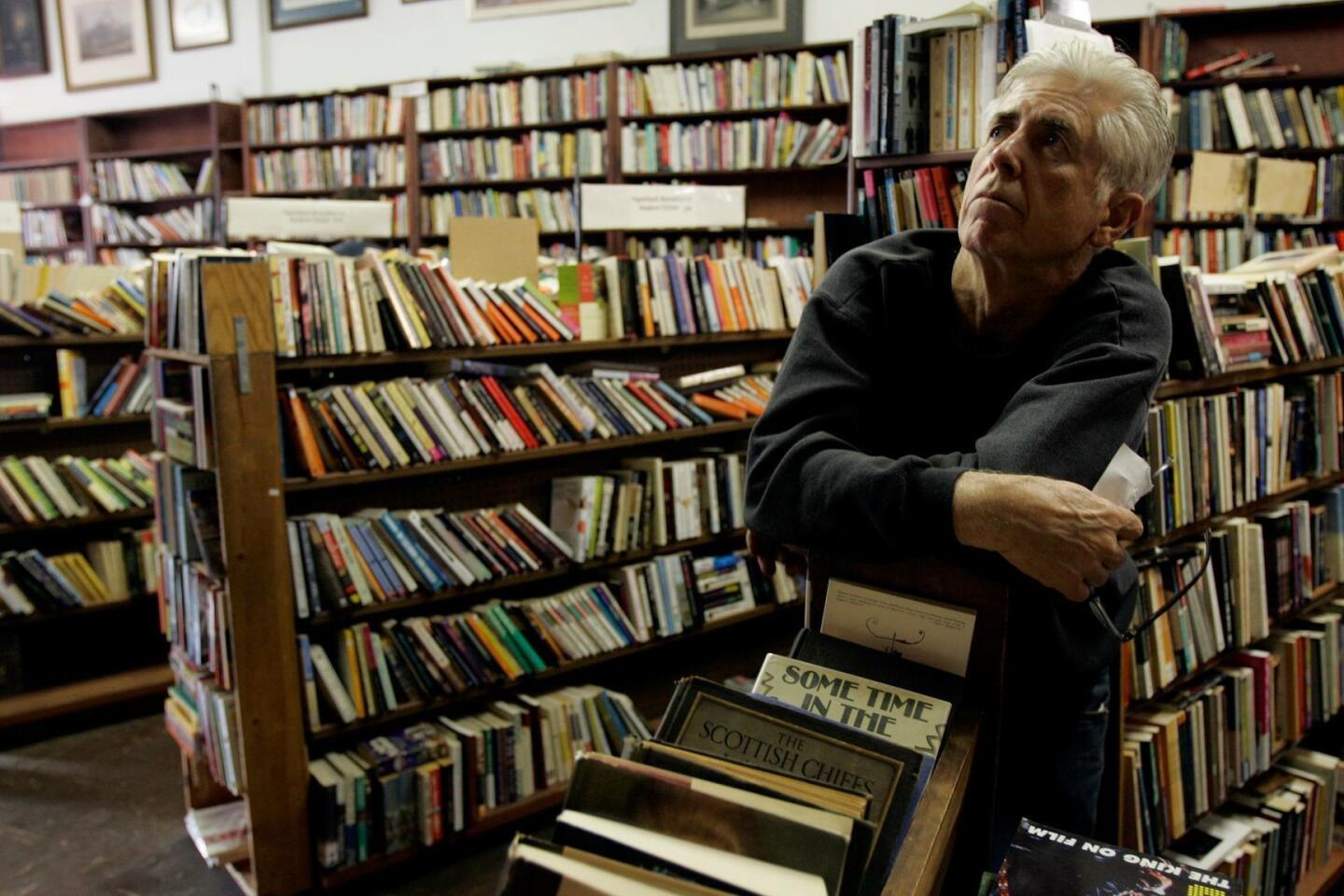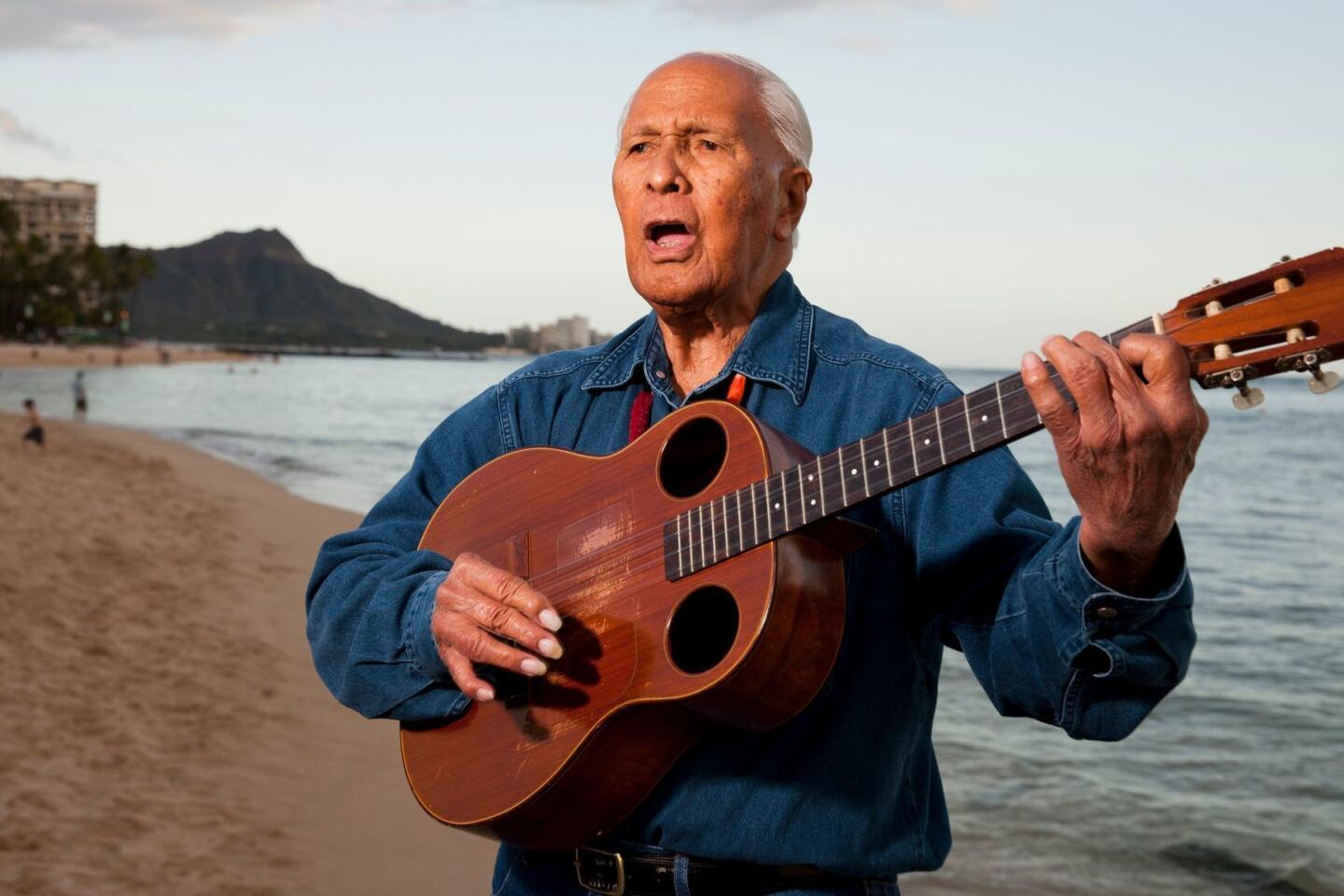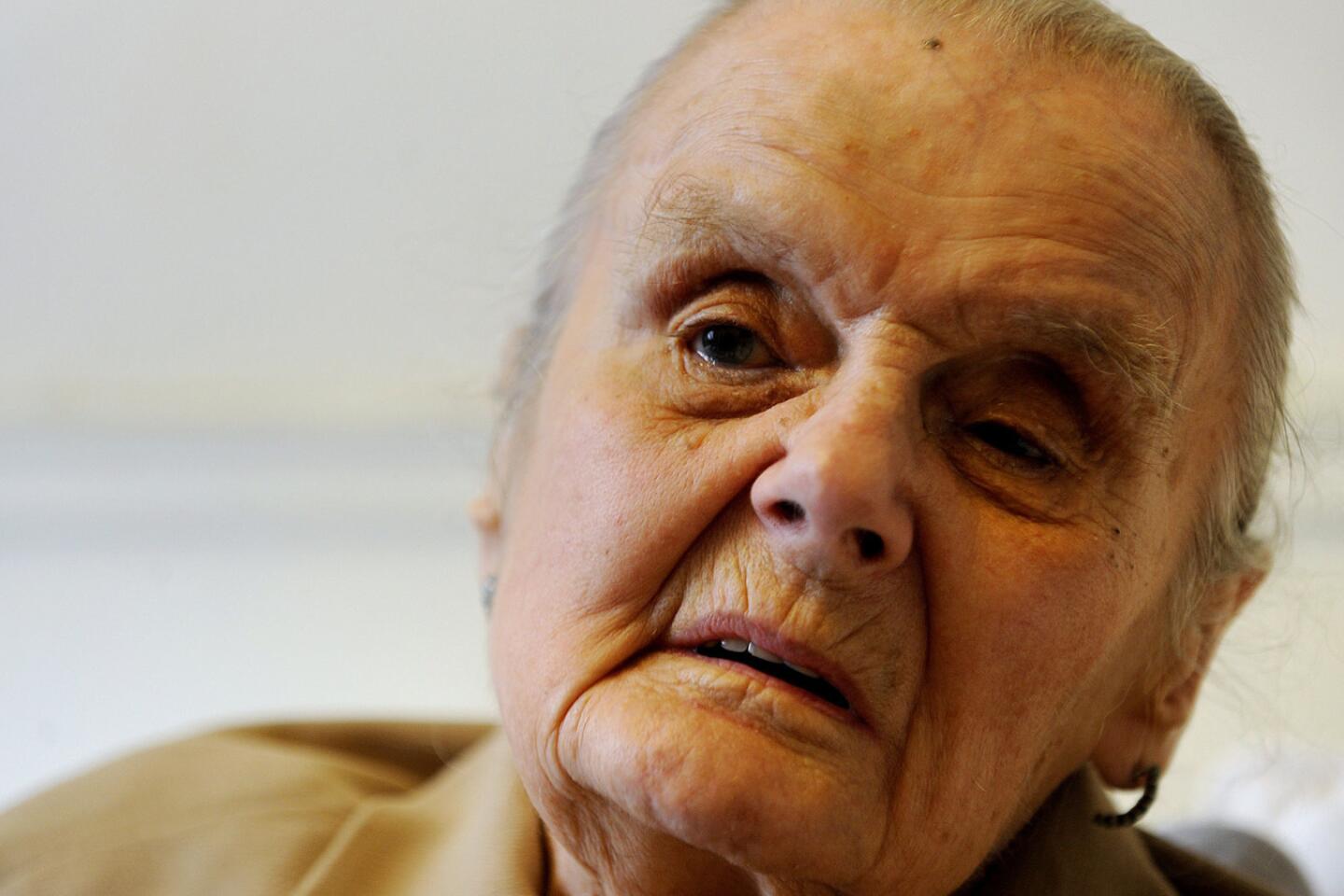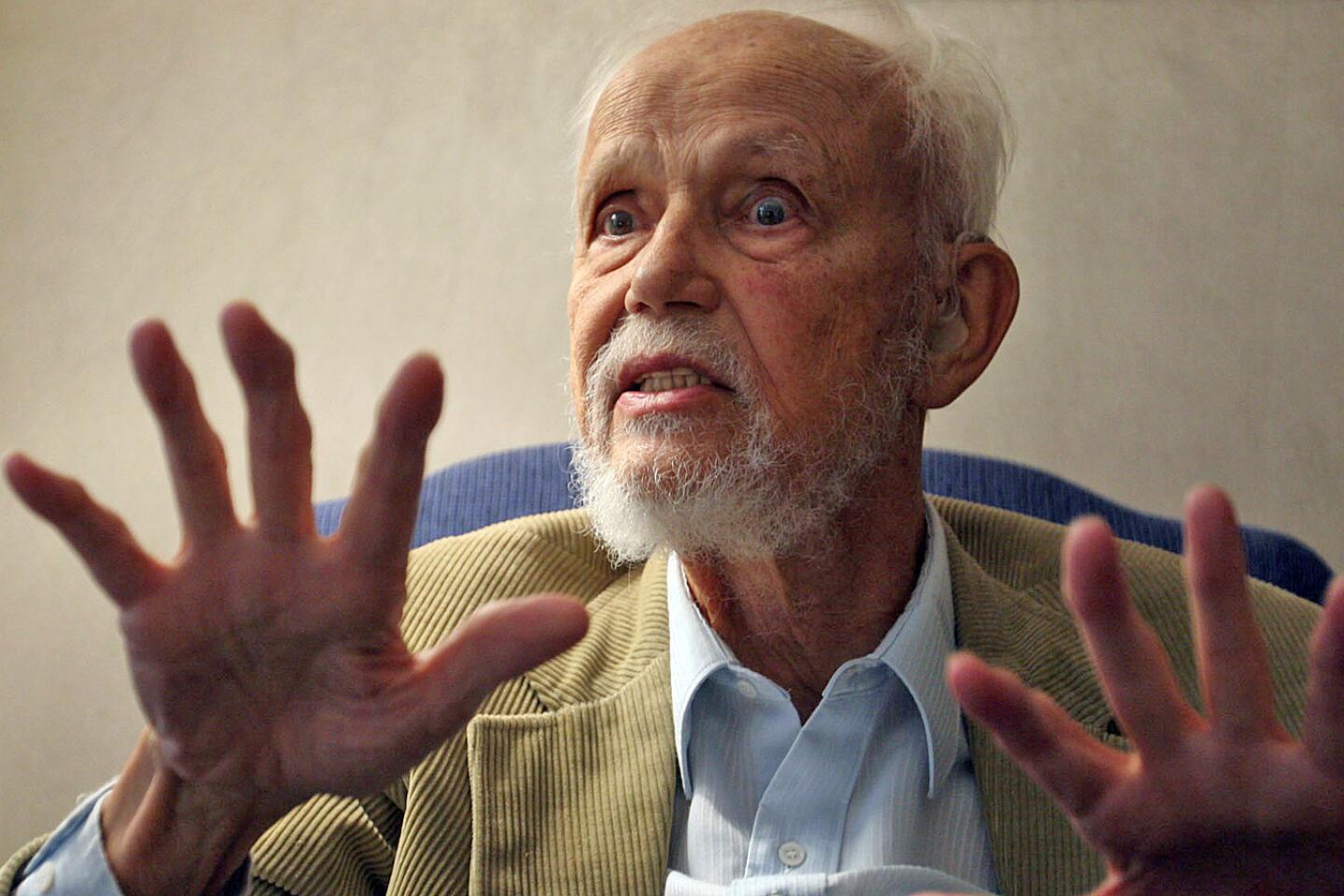Dick Gregory, who became the first black stand-up comic to break the color barrier in major nightclubs in the early 1960s, a decade in which he satirized segregation and race relations in his act and launched his lifetime commitment to civil rights and other social justice issues, died Saturday. He was 84.
His death was confirmed on his official social media accounts by his family.
For the record:
8:05 p.m. Aug. 19, 2017An earlier version of this story said Gregory died Sunday. He died Saturday.
“It is with enormous sadness that the Gregory family confirms that their father, comedic legend and civil rights activist Mr. Dick Gregory departed this earth tonight in Washington, DC.,” his son Christian Gregory wrote.
Even before the confirmation from the family, Rev. Jesse Jackson, a longtime friend of Gregory’s, had memorialized him in a tweet:
“He taught us how to laugh. He taught us how to fight.He taught us how to live. Dick Gregory was committed to justice. I miss him already.”
Steve Jaffe, Gregory’s friend and publicist for more than 50 years, told a Times reporter Saturday night that the comedian died of heart failure. He said Gregory was touring earlier this month on the East Coast and was supposed to be in Los Angeles in a week.
“He was one of the sweetest smartest, most loving people one could ever know,” Jaffe said. “I just hope God is ready for some outrageously funny times.”
In a life that began in poverty in St. Louis during the Depression, the former Southern Illinois University track star became known as an author, lecturer, nutrition guru and self-described agitator who marched, ran and fasted to call attention to issues ranging from police brutality to world famine.
An invitation from civil rights leader Medgar Evers to speak at voter registration rallies in Jackson, Miss., in 1962 launched Gregory into what he called “the civil rights fight.”
He was frequently arrested for his activities in the ’60s, and once spent five days in jail in Birmingham, Ala. after joining demonstrators in 1963 at the request of the Rev. Martin Luther King Jr.
1/46
The Santa Barbara writer created one of the first modern hard-boiled female private eyes and topped bestseller lists for decades, inspiring loyal readers to name their daughters after the series’ heroine, Kinsey Millhone. She was 77. Full obituary
(Carolyn Cole / Los Angeles Times) 2/46
The veteran sports broadcaster was long recognized as one of the most versatile and perhaps most enthusiastic announcers of his era. He also was an author, a longtime fixture at Pasadena’s Rose Parade, the host of several sports-themed TV game shows and was still calling San Diego Padres baseball games in his later years. He was 82. Full obituary
(Lenny Ignelzi / Associated Press) 3/46
Lee, elected in 2011, was the first Chinese American mayor of San Francisco, home to the oldest Chinatown in the United States. He oversaw years of dramatic growth that transformed the city’s skyline while also sending real estate values to stratospheric levels. He was 65. Full obituary
(David Butow / For The Times) 4/46
The singer and actor became a TV icon in the 1960s playing the lovably naïve Gomer Pyle on “The Andy Griffith Show” and the spinoff series “Gomer Pyle, U.S.M.C.” He was 87. Full obituary
(CBS Photo Archive / Getty Images) 5/46
Called “the Elvis of Opera” and the “Siberian Express” by some, Hvorostovsky was known for his velvety baritone voice, dashing looks and shock of flowing white hair. He was 55. Full obituary
(Shiho Fukada / Associated Press) 6/46
The syndicated gossip columnist’s mixture of banter, barbs, and bon mots about the glitterati helped her climb the A-list as high as many of the celebrities she covered. She was 94. Full obituary
(Stephen Chernin / Associated Press) 7/46
The fashion iconoclast’s clingy styles helped define the 1980s. Naomi Campbell was a favored model, and Michelle Obama wore his designs as U.S. first lady. He was 77. Full obituary
(Barbara Davidson / Los Angeles Times) 8/46
Kaji was the founding president of the Japanese American National Museum, established in 1992 in Little Tokyo. Years earlier, he established his own accounting firm and was part of a group that founded Merit Savings & Loan, one of the first and one of the few Japanese American-owned banks. He was 91. Full obituary
(Edward Ornelas / Los Angeles Times) 9/46
As one of the founding fathers of rock ’n’ roll, Fats Domino blazed a singular path in the history of popular music. Pounding a piano and booming in a baritone both warm and conversational, he gave the nascent genre a shot of rhythm and blues, jazz and boogie woogie from his native New Orleans. He was 89. Full obituary
(AFP / Getty Images) 10/46
Best known for his portrayal of the sharp-tongued butler in the TV sitcoms “Soap” and “Benson,” Guillaume also played Nathan Detroit in the first all-black version of “Guys and Dolls” and became the first African American to sing the title role in “The Phantom of the Opera,” appearing with an otherwise all-white cast in Los Angeles. He was 89. Full obituary
(Ann Johansson / For The Times) 11/46
Hefner built a publishing and entertainment empire on the idea that Americans should shed their puritanical hang-ups and enjoy sex. As the founder of Playboy magazine, he pitched an alternative standard — swinging singlehood — which portrayed the desire for sex as being as normal as craving apple pie. He was 91. Full obituary
(George Brich / Associated Press) 12/46
The prolific character actor and occasional leading man brought a soulful, hangdog presence to such varied films as “Alien,” “Paris, Texas,” “Repo Man” and “Pretty in Pink,” becoming a favorite of film fans and directors alike. He was 91. Full obituary
(Richard Derk / Los Angeles Times) 13/46
The gay rights pioneer brought a Supreme Court case that struck down parts of a federal law that banned same-sex marriage and led to federal recognition for gay spouses. She was 88. Full obituary
(Richard Drew / Associated Press) 14/46
Stomping over miniature bridges and buildings in a rubber suit, Nakajima portrayed Godzilla, the fire-breathing, screeching monster that became Japan’s star cultural export and an enduring symbol of the pathos and destruction of the Atomic Age. Nakajima said he invented the character from scratch, and developed it by going to a zoo to study how elephants and bears moved. He was 88. Full obituary
(Junji Kurokawa / Associated Press) 15/46
Kanno spent what should have been his final high school years confined to a World War II-era internment camp. He went on to become one of America’s first Japanese American mayors as an early-day politician in Orange County. He was 91. Full obituary
(Mark Boster / Los Angeles Times) 16/46
Romero will be remembered best for co-writing and directing “Night of the Living Dead.” The “Living Dead” franchise went on to create a subgenre of horror movies whose influence across the decades has endured, seen in films like “The Purge” and TV shows such as “The Walking Dead.” He was 77. Full obituary
(Amy Sancetta / Associated Press) 17/46
The Oscar-winning actor appeared in classic films such as Alfred Hitchcock’s “North By Northwest” and starred in the “Mission: Impossible” television series in the 1960s. He won his Academy Award for his portrayal of washed-up Bela Lugosi in Tim Burton’s “Ed Wood.” He was 89. Full obituary
(CBS Photo Archive / CBS via Getty Images) 18/46
The French survivor of Nazi concentration camps and a European Parliament president was one of France’s most prominent female politicians. She was best known in France for leading the heated battle to legalize abortion in the 1970s. France’s abortion rights law is still known four decades later as the “Loi Veil.” She was 89. Full obituary
(AFP / Getty Images) 19/46
The British author created Paddington Bear, the marmalade-loving teddy in a duffel coat and floppy hat. His creation become an icon immortalized in print, on screens and as countless stuffed toys. Bond was 91. Full obituary
(Sang Tan / Associated Press) 20/46
Pressman, center, was an Emmy-winning journalist who worked at WNBC for more than 50 years after stints at New Jersey’s Newark Evening News and the New York World Telegram and Sun. He covered the 1956 sinking of the Italian ocean liner Andrea Doria, riots at the 1968 Democratic National Convention, the Woodstock festival in 1969 and the terror attacks on Sept. 11, 2001. He was 93. Full obituary
(Ron Frehm / Associated Press) 21/46
The Santa Cruz entrepreneur opened one of the world’s first surf shops and pioneered the neoprene wetsuit that helped popularize year-round cold-water surfing. He lost his eye in a surfing accident. He was 94. Full obituary
(Dan Coyro / Associated Press) 22/46
The former dictator of Panama often played opposing sides of Cold War-era political battles until he was ousted by his on-again, off-again sponsors and toppled in a U.S. invasion. He was 83. Full obituary
(AFP / Getty Images) 23/46
Deford was an award-winning sports journalist and commentator whose elegant reportage was a staple for years at Sports Illustrated and National Public Radio. He was the first sportswriter awarded the National Humanities Medal. In 2013, President Obama honored him for “transforming how we think about sports.” He was 78. Full obituary
(Carolyn Kaster / AP) 24/46
Perenchio deftly pulled the levers of power to create culturally defining media events, propel political candidates, collect masterpiece artworks and become one of the richest men in Los Angeles. In late 2014, he announced that he would leave much of his collection — at least 47 works valued at more than $500 million — to the Los Angeles County Museum of Art. He was 86. Full obituary
(Genaro Molina / Los Angeles Times) 25/46
The polarizing Fox News founder was credited with turning the news channel into a ratings powerhouse over his 20 years at the helm. He was ousted from the network following sexual harassment charges. He was 77. Full obituary
(Jennifer S. Altman / For The Times) 26/46
The former child star played Joanie Cunningham in the sitcoms “Happy Days” and “Joanie Loves Chachi.” Her more recent credits included “The Love Boat” and “Murder, She Wrote.” She was 56. Full obituary
(Wally Fong / Associated Press) 27/46
Using insult as his weapon of choice and a quick, knowing smirk as his defense, Rickles delighted audiences with his brand of aggressively caustic humor that targeted everyone from unknown “hockey pucks” to big-name celebrities. He was 90. Full obituary
(Jay L. Clendenin / Los Angeles Times) 28/46
A close confidante of Nelson Mandela, Kathrada dedicated his life to opposing apartheid and racism. An African National Congress activist, he played a major role in South Africa’s liberation struggle. He was 87. Full obituary
(Kopano Tlape / EPA) 29/46
The billionaire businessman and philanthropist was the last in his generation of one of the country’s most famously philanthropic families. He was 101. Full obituary
(D. Pickoff / Associated Press) 30/46
The Pulitzer Prize-winning newspaper columnist was part of the wave of practitioners of what came to be known as New Journalism: a group of gifted writers that included Tom Wolfe, Gay Talese, Hunter S. Thompson, Joan Didion and others who reported on the social and cultural upheavals of the 1960s and ’70s. His writing made him a New York City institution for more than 40 years. He was 88. Full obituary
(Mario Cabrera / Associated Press) 31/46
One of the founding fathers of rock ’n’ roll, Berry was an innovator who designed much of the music’s sonic blueprint and became his era’s most creative lyricist. He was 90. Full obituary
(Michael Ochs Archives / Getty Images) 32/46
The Nobel-prize winning poet was known for capturing the essence of his native Caribbean. His work was widely praised for its depth and bold use of metaphor, and its mix of sensuousness and technical prowess. He was 87. Full obituary
(Berenice Bautista / Associated Press) 33/46
The Boxing Hall of Fame trainer and manager handled the careers of 19 champions including heavyweight Evander Holyfield. Duva with his family built the promotional company Main Events into one of boxing’s powerhouses. He was 94. Full obituary
(Mike Groll / Associated Press) 34/46
The silver-haired and dapper Osborne was a bona fide movie connoisseur who displayed his wide knowledge of films as the genial host on Turner Classic Movies since its launch in 1994. Osborne was a longtime columnist for the Hollywood Reporter and the “official biographer” of the Academy Awards. He was 84. Full obituary
(Carolyn Cole / Los Angeles Times) 35/46
Dubbed the “Acrobat of Scat” for his vocal delivery, Jarreau was admired by fans for his imaginative and improvisational qualities. He is best known for his single “We’re in This Love Together” from 1981. He is the only Grammy vocalist to win in the jazz, pop and R&B categories. He was 76. Full obituary
(Felipe Dana / Associated Press) 36/46
Mansfield won the Nobel Prize for helping to invent MRI scanners. In 1978, he was the first person to step inside a whole-body MRI scanner so it could be tested on a human subject. His work, alongside chemist Paul Lauterbur, revolutionized the detection of disease by revealing internal organs without the need for surgery. He was 83. Full obituary
(David Jones / Associated Press) 37/46
Riva’s portrayal of an elderly woman in the 2012 end-of-life drama “Amour” earned her international acclaim and the distinction of being the oldest nominee for a lead actress Oscar. She was 89. Full obituary
(Francois Mori / Associated Press) 38/46
Moore rose to stardom on “The Dick Van Dyke Show” in the 1960s and went on to headline “The Mary Tyler Moore Show,” a highly successful sitcom in the 1970s (pictured). The actress and her television character became so entwined that Moore became a role model for women who sought to challenge the conventions of marriage and family. She was 80. Full obituary
(CBS Photo Archive / Getty Images) 39/46
Cernan, commander of NASA’s Apollo 17 mission, set foot on the moon in December 1972 during his third space flight. He was the last of only a dozen men to walk on the moon. He returned to Earth with a message of “peace and hope for all mankind.” He died at 82. Full obituary
(SSPL / Getty Images) 40/46
The former California state librarian wrote rich cultural, economic and political histories on the birth, growth and maturation of the Golden State. He captured the state’s rise in influence and its singular hold on the public imagination in his sweeping “Americans and the California Dream” series. Full obituary
(Lawrence K. Ho / Los Angeles Times) 41/46
Youguang was a linguist considered to be the father of modern China’s Pinyin Romanization writing system. Adopted by the People’s Republic in 1958, Pinyin has virtually become the global standard because of its simplicity and consistency. He was 111. Full obituary
(Wang Zhao / AFP/Getty Images) 42/46
Dutton was the owner of Dutton’s Books, a Los Angeles landmark with its overflowing shelves and hard-to-find titles. Dutton’s Books on Laurel Canyon Boulevard, along with sister locations in Burbank and downtown Los Angeles, was at the very center of literary L.A. when it opened in 1961. He was 79. Full obituary
(Gina Ferazzi / Los Angeles Times) 43/46
Kamae was one of the most influential Hawaiian musicians of the last half-century and a filmmaker who painstakingly documented the culture and history of the islands. He had long been the face of the Sons of Hawaii, a popular recording group and a pioneering force in traditional island music. He was 89. Full obituary
(Marco Garcia / For The Times) 44/46
The British war correspondent was the first journalist to report the Nazi invasion of Poland that marked the beginning of World War II. She won major British journalism awards, and was made an Officer of the Order of the British Empire by Queen Elizabeth II. She was 105. Full obituary
(Mike Clarke / AFP/ Getty Images) 45/46
The former Iranian president was an aide to Iran’s revolutionary supreme leader, the late Ayatollah Ruhollah Khomeini. Although Rafsanjani’s legacy was tarnished by allegations of corruption and authoritarianism, his backing helped moderate President Hassan Rouhani win election in 2013, setting the Islamic Republic on a path to ending its disputed nuclear program and easing its isolation from the West. He was 82. Full obituary
(Ebrahim Noroozi / Associated Press) 46/46
A scholar of world religions, Smith is best known for his work “The Religions of Man,” first published in 1958. It was reissued as “The World’s Religions” in 1991 and has sold about 2 million copies. His informed yet accessible prose led many laymen to read his books as their introduction to religions of the East and West. He was 97. Full obituary
(Tina Fineberg / Associated Press) Gregory, who was shot in the leg while trying to help defuse the Watts riots in 1965, made a failed run for mayor of Chicago as a write-in candidate in 1967. A year later, he ran for president as a write-in candidate for the Freedom and Peace Party, a splinter group of the Peace and Freedom Party. Hunter S. Thompson was one of his most vocal supporters.
In the late ’60s, he began going on 40-day fasts to protest the Vietnam War.
In 1980, impatient with President Carter’s handling of the Iranian hostage crisis, he flew to Iran and began a fast, had a “ceremonial visit” with revolutionary leader Ayatollah Ruhollah Khomeini and met with the revolutionary students inside the embassy. After four and a half months in Iran, his weight down to 106 pounds, he returned home.
But before Dick Gregory the activist, there was Dick Gregory the groundbreaking comedian.
He was a struggling 28-year-old stand-up comic in Chicago who had launched his career in small black clubs when he received a life-changing, last-minute phone call from his agent in January 1961: The prestigious Playboy Club in Chicago needed someone to fill in for comedian Irwin Corey on Sunday night.
Gregory was so broke he had to borrow a quarter from his landlord for bus fare downtown. Never mind that his audience turned out to be a convention of white frozen-food-industry executives from the South.
“Good evening, ladies and gentlemen,” Gregory said, coolly eyeing the audience. “I understand there are a good many Southerners in the room tonight. I know the South very well. I spent 20 years there one night. …
“Last time I was down South, I walked into this restaurant, and this white waitress came up to me and said: ‘We don’t serve colored people here.’ I said: ‘That’s all right, I don’t eat colored people. Bring me a whole fried chicken.’ ”
Despite having to deal with what he later described as “dirty, little, insulting statements” from some members of the audience, the heckling soon stopped as Gregory won them over with his provocatively funny but nonbelligerent satirical humor.
“Segregation is not all bad,” he said on stage. “Have you ever heard of a wreck where the people on the back of the bus got hurt?”
What was supposed to be a 55-minute show, Gregory later recalled, went on for about an hour and 40 minutes. And by the time he walked off stage, the audience gave him a thundering ovation.
He did so well, he was booked at the club for two weeks and then held over for several more.
Segregation is not all bad,” he said on stage. “Have you ever heard of a wreck where the people on the back of the bus got hurt?
— Dick Gregory
That February, a Time magazine writer who caught Gregory’s act at the Playboy Club painted a glowing portrait of a man who, with “intelligence, sophistication, and none of the black-voice buffoonery of Amos ’n’ Andy,” had “become the first Negro comedian to make his way into the nightclub big time.”
“What makes Gregory refreshing,” the writer observed, “is not only that he feels secure enough to joke about the trials and triumphs of his own race, but that he can laugh, in a sort of brotherhood of humor, with white men about their own problems, can joke successfully about the NAACP as well as the PTA.”
From his success at the Playboy Club, which a Newsweek writer later observed marked the death of Jim Crow “in the joke world,” Gregory’s career quickly snowballed.
Jack Paar read about him in Time and invited him on his late-night show. That led to a booking at the fashionable Blue Angel in New York City. The New York Times soon ran a profile of Gregory, as did Esquire magazine later in the year. He also signed a contract for his first comedy album, “In Living Black and White.”
“Greg opened the door,” comedian and future TV star Redd Foxx told the New York Times in 1961. “Somebody had to be first. There’s room for all of us. He can’t work Pittsburgh and Glocca Morra the same night.”
With his three-button black suit, a swirl of smoke from his ever-present cigarette and his unhurried delivery, Gregory radiated what author Gerald Nachman described as “positive, cool vibes” on stage.
Gregory “behaved as if he belonged up there, unapologetically, as if his presence was inevitable,” Nachman wrote In his 2003 book “Seriously Funny: The Rebel Comedians of the 1950s and 1960s.”
“He might have been seething underneath, but on the surface he generally appeared bemused by the hostilities and hypocrisies of the racial divide,” wrote Nachman. “Here or there, a joke might betray a hint of bitterness, like his line about an integrated swimming pool that had a blind lifeguard.”
When he hit in 1961, Gregory once said, “there wasn’t a healthy race joke in America. They were all derogatory to one race or another.” But he “gave the country a new way out — healthy racial jokes.”
And once he got audiences laughing, he found, “I could say anything.”
“This isn’t a revolution of black against white; this is a revolution of right against wrong,” he told one audience. “And right has never lost.”
His act, however, wasn’t all about race relations.
“I been readin’ so much about cigarettes and cancer, I quit readin’,” he observed on stage.
On the bellicose Soviet leader Nikita Khrushchev: “Wouldn’t it be funny if Khrushchev didn’t really hate us, but his interpreter did?”
Gregory became so well-known that in 1964, E.P. Dutton published his autobiography, the provocatively titled “nigger.” He dedicated the book to his late mother: “Wherever you are, if ever you hear [that] word … again, remember they are advertising my book.” In all, he wrote five books, one a cookbook.
By then, Gregory’s high-profile involvement in the civil rights movement was overshadowing his comedy career.
His activism took a huge financial toll on Gregory in lost bookings and the cost of travel and other expenses. But as he put it: “I found somethin’ that made me feel better inside than comedy.”
Gregory, who became a vegetarian and gave up drinking and smoking, decided in 1973 to no longer work in venues that sold alcohol. In 1984, he founded Health Enterprises Inc., a company that distributed weight-loss products, including a powdered diet mix, Dick Gregory’s Slim Safe Bahamian Diet.
In between writing books and speaking on health and social issues with fiery passion on the lecture circuit, Gregory continued his activism.
In 2000, he protested police brutality in New York and Detroit and went to Kentucky to demand the hiring of black school principals.
A decade later, after the 2010 earthquake in Haiti, he announced his plan to go on a 30-day fast to maintain public awareness of the need for ongoing Haitian relief.
As Gregory told Ebony magazine at the time: “I am still more inclined to go and march for a young man wrongfully killed in Harlem than do a gig at a university. Once the movement is in you, it’s there. It never leaves.”
Born in St. Louis on Oct. 12, 1932, he was the second of six children. Their father was often absent and finally deserted the family.
His mother, who cleaned the homes of wealthy white people and took care of their children, was a positive influence, telling her own children that “man has two ways out in life — laughing or crying. There’s more hope in laughing.”
Gregory, who shined shoes and did other odd jobs as a child, was a high school track star — he won the mile in 4:28 at an all-black Missouri state track meet — and was president of his graduating class.
He received an athletic scholarship to Southern Illinois University in Carbondale, where he became captain of the cross-country and track teams and the school’s fastest half-miler.
His education was interrupted in 1954 when he was drafted into the Army, where his wisecracks and nonmilitary demeanor earned him an ultimatum from a colonel: Either enter and win an open talent show at the service club or face a court-martial.
Gregory won the contest, with jokes such as explaining how the Army charged him $85 when he lost his rifle: “That’s why in the Navy, the captain always goes down with his ship.” After winning two more contests, he was placed in Special Services.
After his discharge in 1956, Gregory returned to Southern Illinois University. But he soon dropped out and moved to Chicago. He worked for a time at the post office — “I kept flipping the letters to Mississippi in the foreign slot,” he’d joke — and then at Ford Aircraft before landing a job as a comic-emcee in the lounge of a neighborhood bar on Chicago’s South Side.
In the audience one night was Lillian Smith, a young secretary at the University of Chicago, who became his wife and the mother of their 10 children (an 11th died in infancy). Gregory frequently said his wife was the spiritual core of his family, and his children his most devoted admirers.
In 2016, musician John Legend produced a one-man play on Gregory’s life, “Turn Me Loose.” Legend said he marveled at how fresh and relevant the comedian’s brand of humor of remained.
“It sounds like he’s aware of what’s happening now even though they were written so long ago,” Legend told the Boston Globe.
The lines were pure Gregory, funny, clever and dipped in sarcasm : “I never learned hate at home, or shame. I had to go to school for that.”
In addition to his wife, Gregory is survived by children Ayanna, Yohance, Stephanie, Miss, Christian, Michele, Pamela, Paula, Lynne and Gregory.
McLellan is a former Times staff writer.
Times staff writer Adam Elmahrek contributed to this report.
ALSO
From the Archives: When Dick Gregory stepped back onstage in ’95, he brought ‘conscious comedy’ with him
On Twitter: Some of Dick Gregory’s best lines and memorable moments
Marian Diamond dies at 90; scientist studied Einstein’s brain and helped unlock secrets of the mind
Bruce Forsyth, British host whose career spanned the history of TV, dies at 89
‘Predator’ actor Sonny Landham dies at 76
